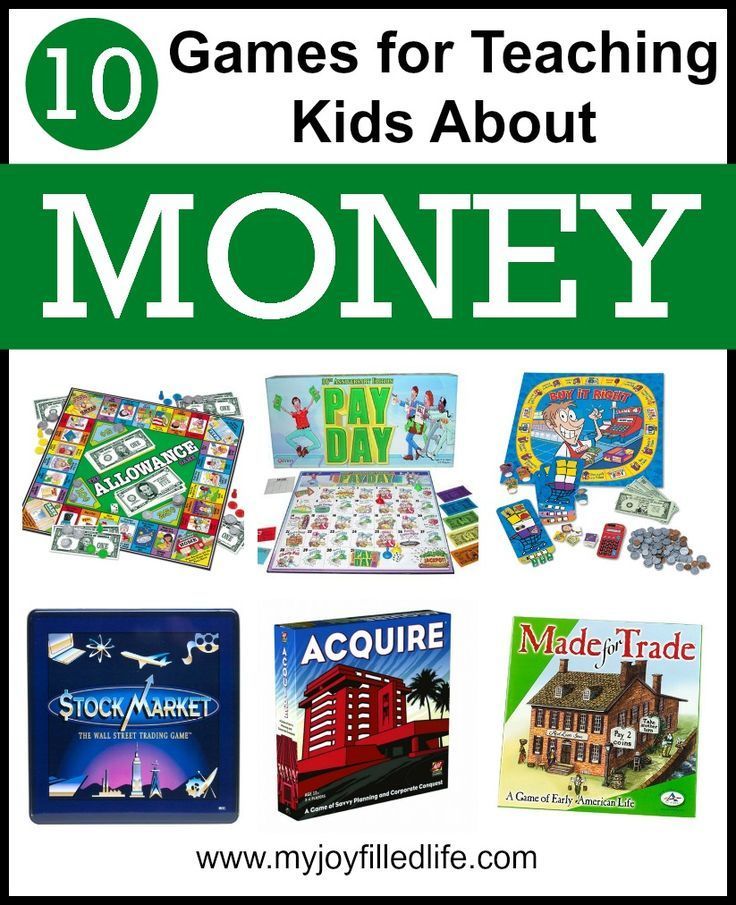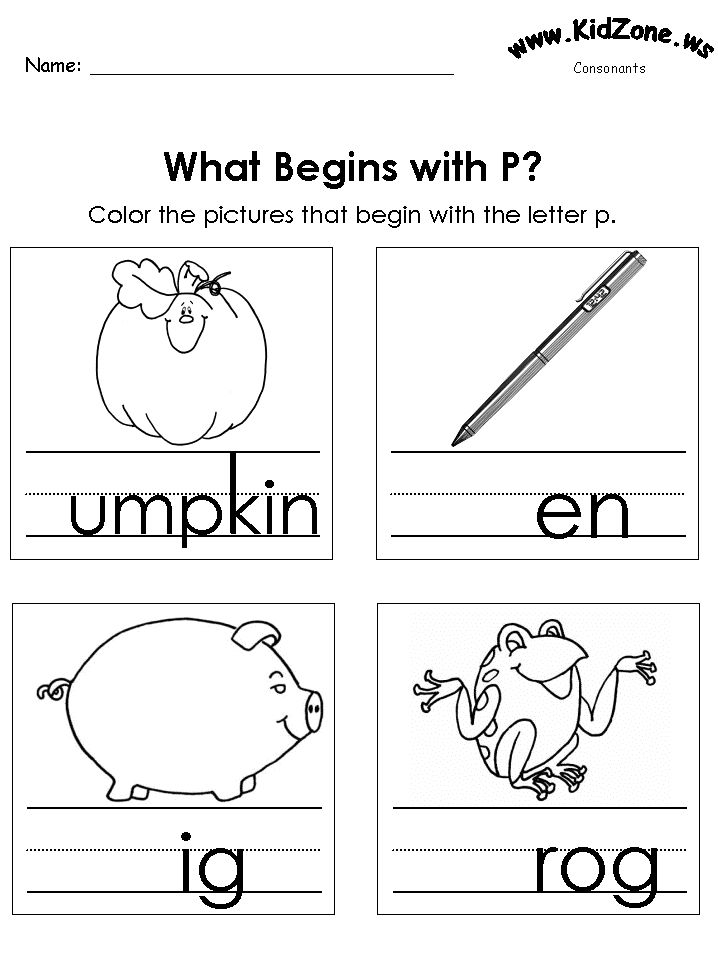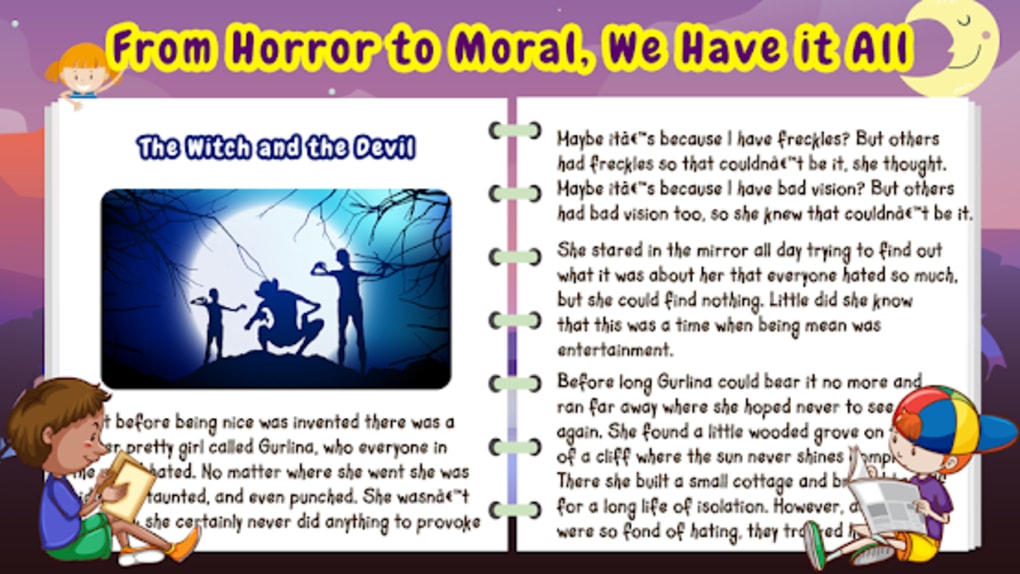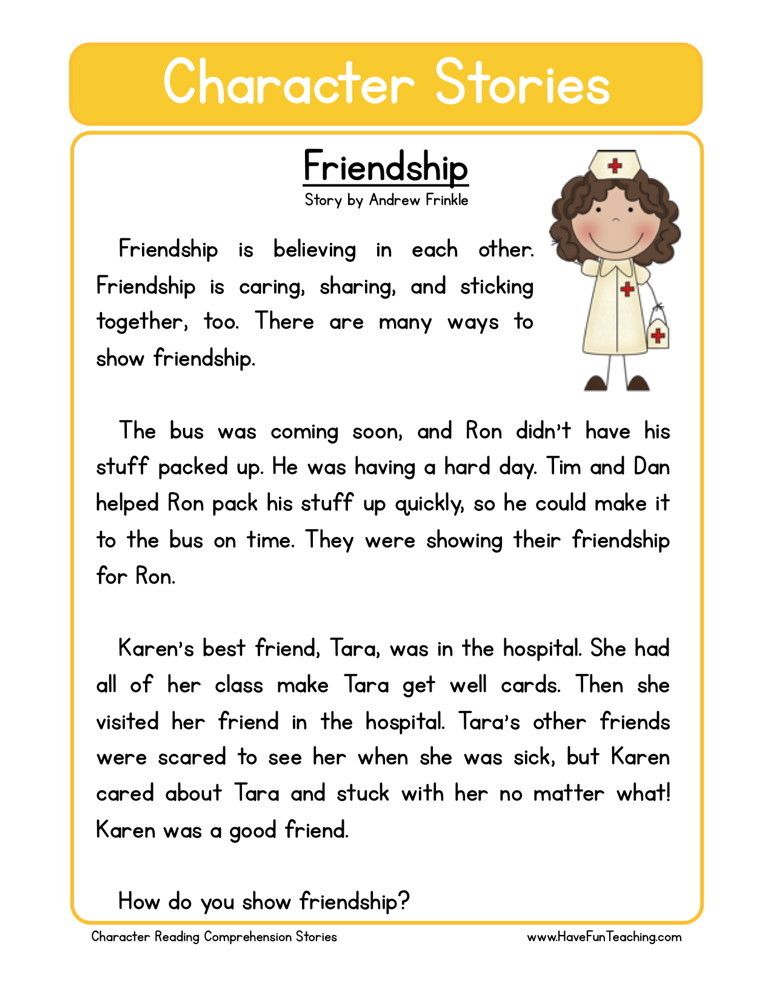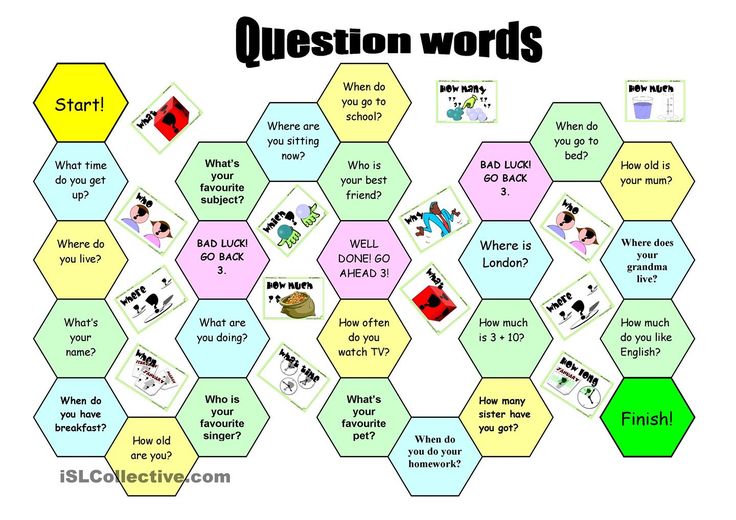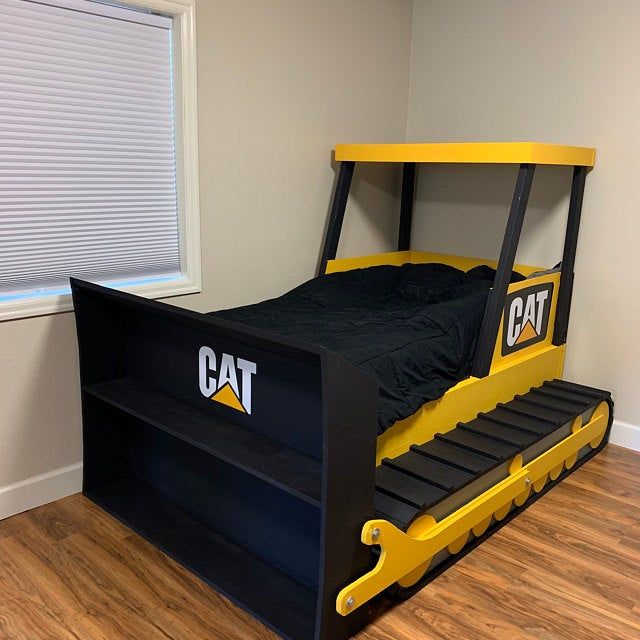Games for teaching kids
10 Fun ESL Games and Activities for Teaching Kids English Abroad
Browse New Jobs
Games and fun activities are a vital part of teaching English as a foreign language. Whether you’re teaching adults or children, games will liven up your lesson and ensure that your students will leave the classroom wanting more.
Games can be used to warm up the class before your lesson begins, during the lesson to give students a break when you’re tackling a tough subject, or at the end of class when you have a few minutes left to kill. There are literally hundreds, probably thousands, of games that you can play with your students. EFL games are used to test vocabulary, practice conversing, learn tenses - the list is endless.
This list of ten classic ESL games every teacher should know will help get you started and feeling prepared. Having these up your sleeve before stepping into the classroom will ensure your lessons run smoothly, and, should things get a little out of control, you’ll be able to pull back the attention of the class in no time.
Want to jump right into the list? Here are the top 10 games we think your students will love:
- Board Race
- Call My Bluff / Two Truths and A Lie
- Simon Says
- Word Jumble Race
- Hangman
- Pictionary
- The Mime
- Hot Seat
- Where Shall I Go?
- What’s My Problem?
Don't have a job yet? Check our teaching job board for the latest openings around the world!
1. Board Race
There isn’t an EFL teacher I know who doesn’t use this game in the classroom. Board Race is a fun game that is used for revising vocabulary, whether it be words from the lesson you’ve just taught or words from a lesson you taught last week. It can also be used at the start of the class to get students active. It is a great way of testing what your students already know about the subject you’re about to teach.
This is best played with 6 students or more - the more, the better. I’ve used it in classes ranging from 7-25 years of age and it’s worked well in all age groups.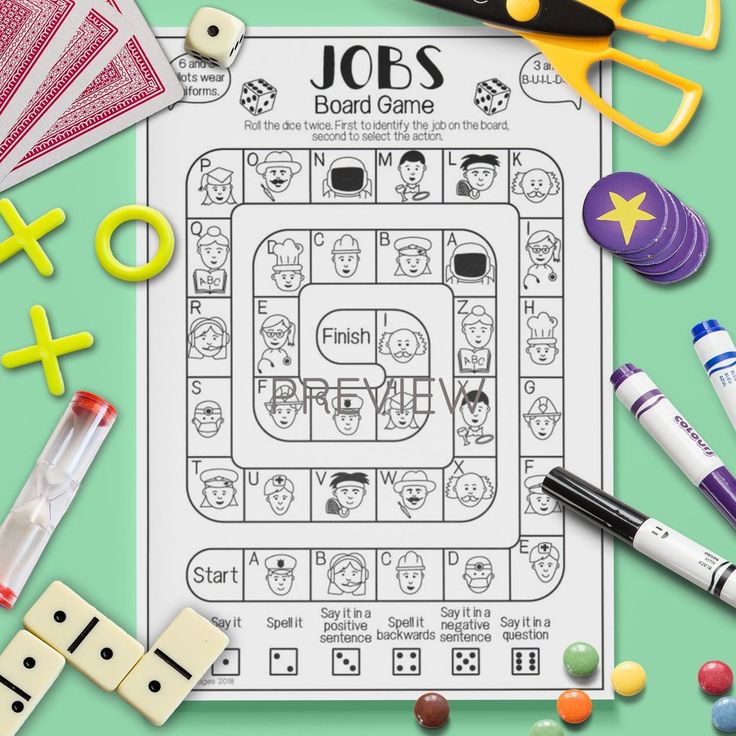
- Why use it? Revising vocabulary; grammar
- Who it's best for: Appropriate for all levels and ages
Play Video
How to Play:
- Split the class into two teams and give each team a colored marker.
- If you have a very large class, it may be better to split the students into teams of 3 or 4.
- Draw a line down the middle of the board and write a topic at the top.
- The students must then write as many words as you require related to the topic in the form of a relay race.
- Each team wins one point for each correct word. Any words that are unreadable or misspelled are not counted.
2. Call My Bluff / Two Truths and A Lie
Call My Bluff is a fun game which is perfect at the start of term as a ‘getting to know you’ kind of game. It is also a brilliant ice breaker between students if you teach classes who do not know one another -- and especially essential if you are teaching a small class size.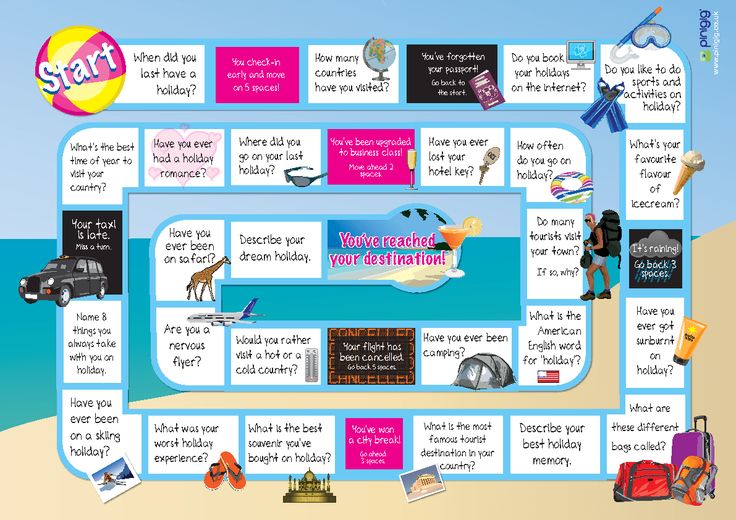
The game is excellent for practicing speaking skills, though make sure you save a time for after the game to comment on any mistakes students may have made during the game. (I generally like to reserve this for after the game, so you don't disrupt their fluency by correcting them as they speak).
With older groups you can have some real fun and you might be surprised what you’ll learn about some of your students when playing this particular EFL game.
- Why use it? Ice-breaker; Speaking skills
- Who it's best for: Appropriate for all levels and ages but best with older groups
Play Video
How to play:
- Write 3 statements about yourself on the board, two of which should be lies and one which should be true.
- Allow your students to ask you questions about each statement and then guess which one is the truth. You might want to practice your poker face before starting this game!
- If they guess correctly then they win.
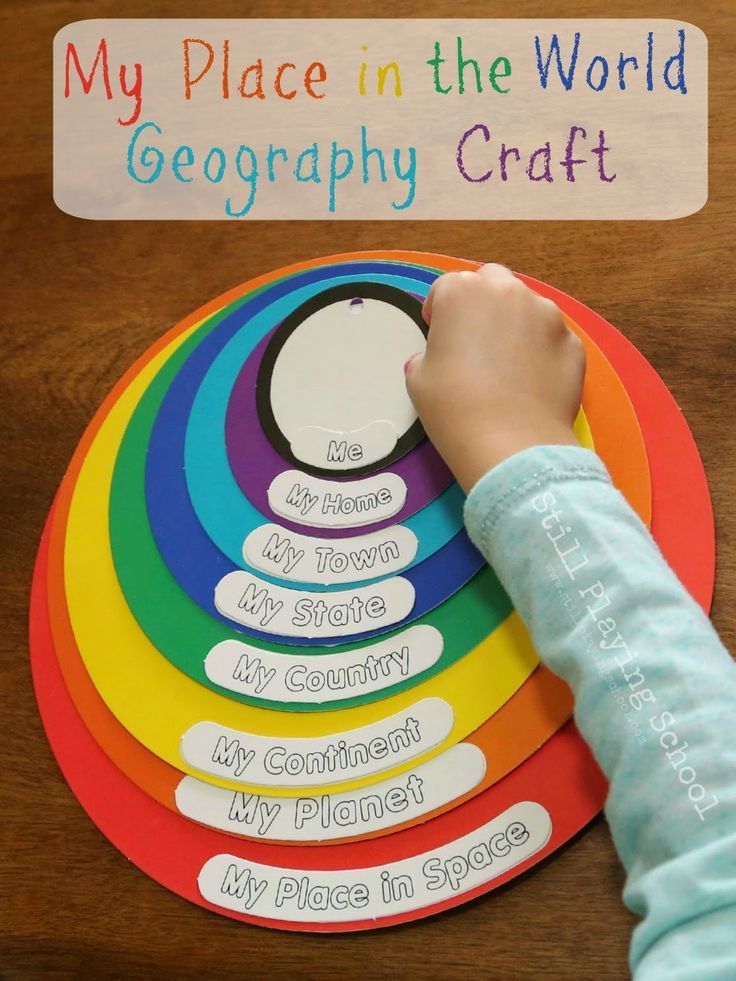
- Extension: Give students time to write their own two truths and one lie.
- Pair them up and have them play again, this time with their list, with their new partner. If you want to really extend the game and give students even more time to practice their speaking/listening skills, rotate partners every five minutes.
- Bring the whole class back together and have students announce one new thing they learned about another student as a recap.
3. Simon Says
This is an excellent game for young learners. Whether you’re waking them up on a Monday morning or sending them home on a Friday afternoon, this one is bound to get them excited and wanting more. The only danger I have found with this game is that students never want to stop playing it.
- Why use it? Listening comprehension; Vocabulary; Warming up/winding down class
- Who it's best for: Young learners
Play Video
How to Play:
- Stand in front of the class (you are Simon for the duration of this game).
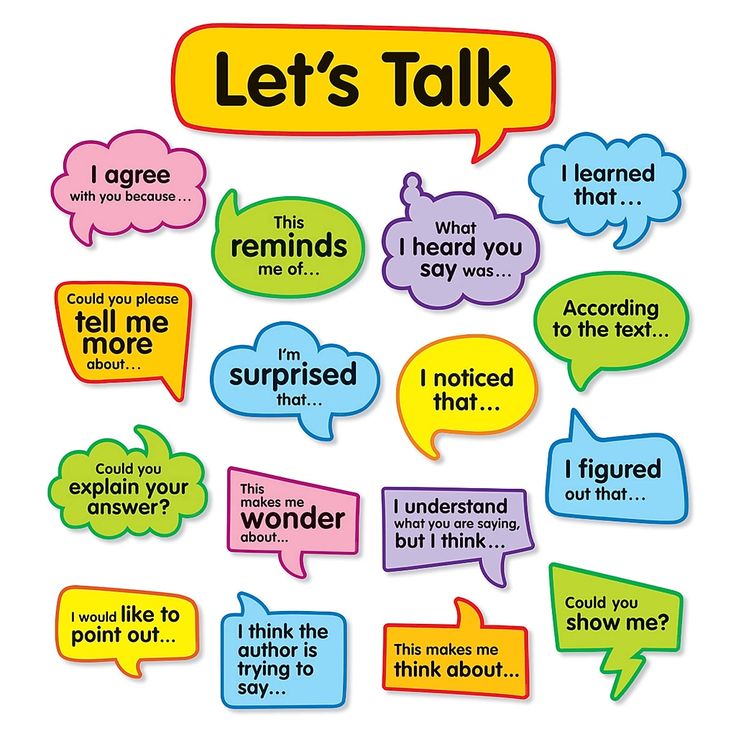
- Do an action and say Simon Says [action]. The students must copy what you do.
- Repeat this process choosing different actions - you can be as silly as you like and the sillier you are the more the children will love you for it.
- Then do an action but this time say only the action and omit ‘Simon Says’. Whoever does the action this time is out and must sit down.
- The winner is the last student standing.
- To make it harder, speed up the actions. Reward children for good behavior by allowing them to play the part of Simon.
Sign Up for Teach Abroad Details
A regular dose of travel info & inspiration, delivered straight to your inbox ✈️🌎👋
4. Word Jumble Race
This is a great game to encourage team work and bring a sense of competition to the classroom. No matter how old we are, we all love a good competition and this game works wonders with all age groups. It is perfect for practicing tenses, word order, reading & writing skills and grammar.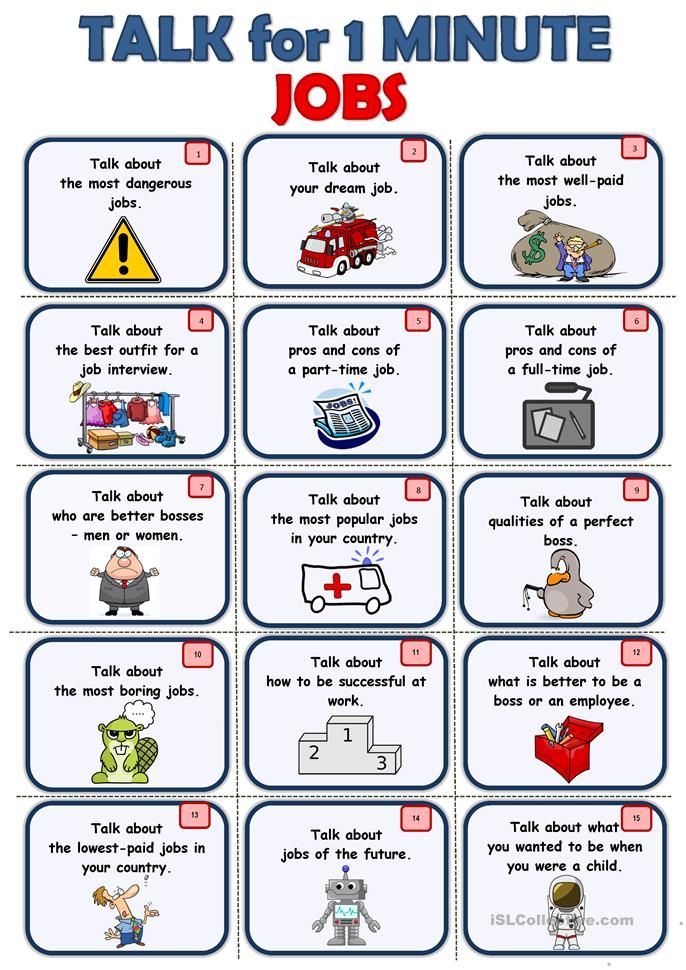
- Why use it? Grammar; Word Order; Spelling; Writing Skills
- Who it's best for: Adaptable to all levels/ages
Play Video
How to play:
- Write out a number of sentences, using different colors for each sentence. I suggest having 3-5 sentences for each team.
- Cut up the sentences so you have a handful of words.
- Put each sentence into hats, cups or any objects you can find, keeping each separate.
- Split your class into teams of 2, 3, or 4. You can have as many teams as you want but remember to have enough sentences to go around.
- Teams must now put their sentences in the correct order.
- The winning team is the first team to have all sentences correctly ordered.
5. Hangman
This classic game is a favorite for all students but it can get boring quite quickly. This game is best used for 5 minutes at the start to warm the class up or 5 minutes at the end if you’ve got some time left over.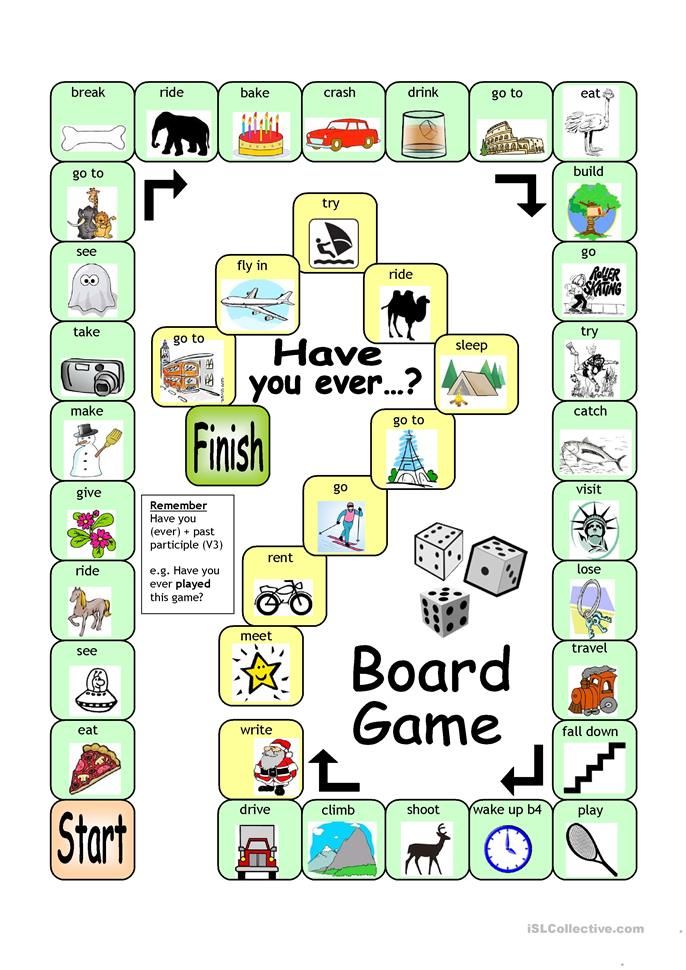 It works no matter how many students are in the class.
It works no matter how many students are in the class.
- Why use it? Warming up / winding down class
- Who it's best for: Young learners
Play Video
How to play:
- Think of a word and write the number of letters on the board using dashes to show many letters there are.
- Ask students to suggest a letter. If it appears in the word, write it in all of the correct spaces. If the letter does not appear in the word, write it off to the side and begin drawing the image of a hanging man.
- Continue until the students guess the word correctly (they win) or you complete the diagram (you win).
6. Pictionary
This is another game that works well with any age group; children love it because they can get creative in the classroom, teenagers love it because it doesn’t feel like they’re learning, and adults love it because it’s a break from the monotony of learning a new language - even though they'll be learning as they play.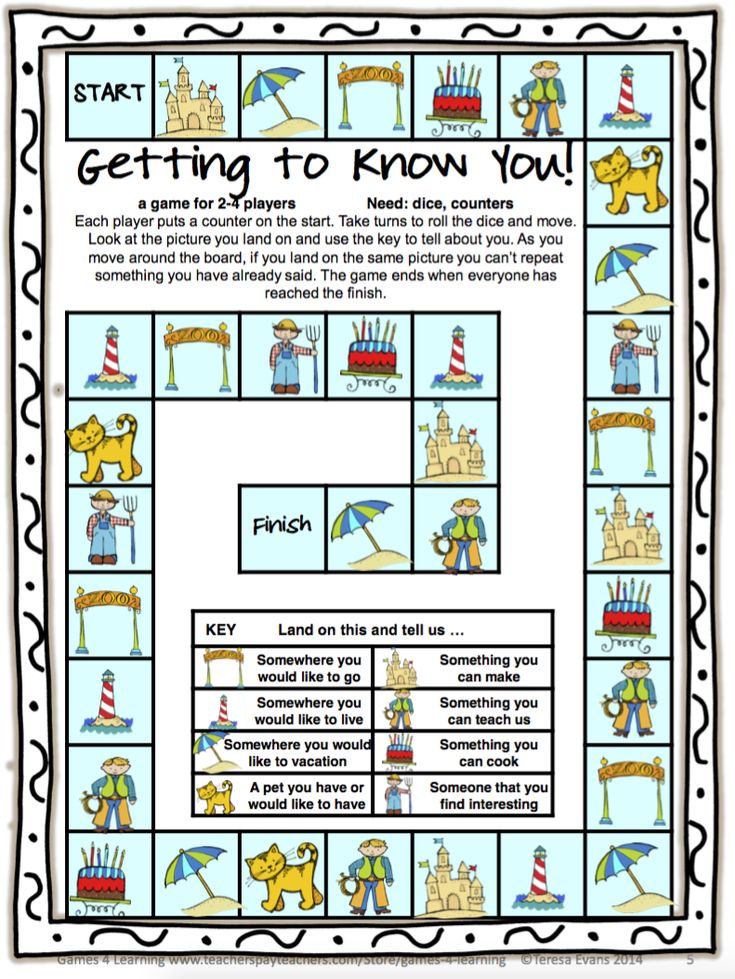
Pictionary can help students practice their vocabulary and it tests to see if they’re remembering the words you’ve been teaching.
- Why use it? Vocabulary
- Who it's best for: All ages; best with young learners
Play Video
How to play:
- Before the class starts, prepare a bunch of words and put them in a bag.
- Split the class into teams of 2 and draw a line down the middle of the board.
- Give one team member from each team a pen and ask them to choose a word from the bag.
- Tell the students to draw the word as a picture on the board and encourage their team to guess the word.
- The first team to shout the correct answer gets a point.
- The student who has completed drawing should then nominate someone else to draw for their team.
- Repeat this until all the words are gone - make sure you have enough words that each student gets to draw at least once!
7.
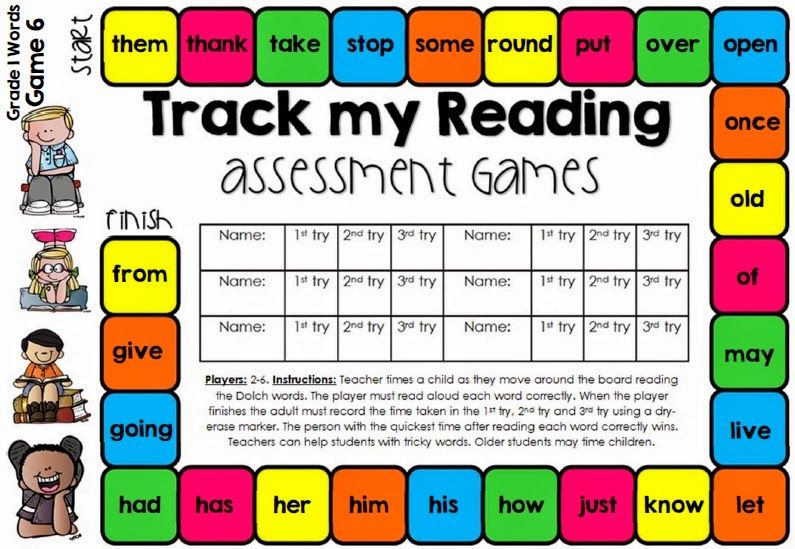 The Mime
The MimeMiming is an excellent way for students to practice their tenses and their verbs. It's also great for teachers with minimal resources or planning time, or teachers who want to break up a longer lesson with something more interactive. It's adaptable to almost any language point that you might be focusing on.
This game works with any age group, although you will find that adults tire of this far quicker than children. To keep them engaged, relate what they will be miming to your groups' personal interests as best as possible.
- Why use it? Vocabulary; Speaking
- Who it's best for: All ages; best with young learners
Play Video
How to play:
- Before the class, write out some actions - like washing the dishes - and put them in a bag.
- Split the class into two teams.
- Bring one student from each team to the front of the class and one of them choose an action from the bag.

- Have both students mime the action to their team.
- The first team to shout the correct answer wins a point.
- Repeat this until all students have mimed at least one action.
8. Hot Seat
This is one of my students’ favorite games and is always at the top of the list when I ask them what they want to play. I have never used this while teaching ESL to adults, but I imagine it would work well.
Hot Seat allows students to build their vocabulary and encourages competition in the classroom. They are also able to practice their speaking and listening skills and it can be used for any level of learner.
- Why use it? Vocabulary; Speaking and Listening
- Who it's best for: All ages and levels
Play Video
How to play:
- Split the class into 2 teams, or more if you have a large class.
- Elect one person from each team to sit in the Hot Seat, facing the classroom with the board behind them.
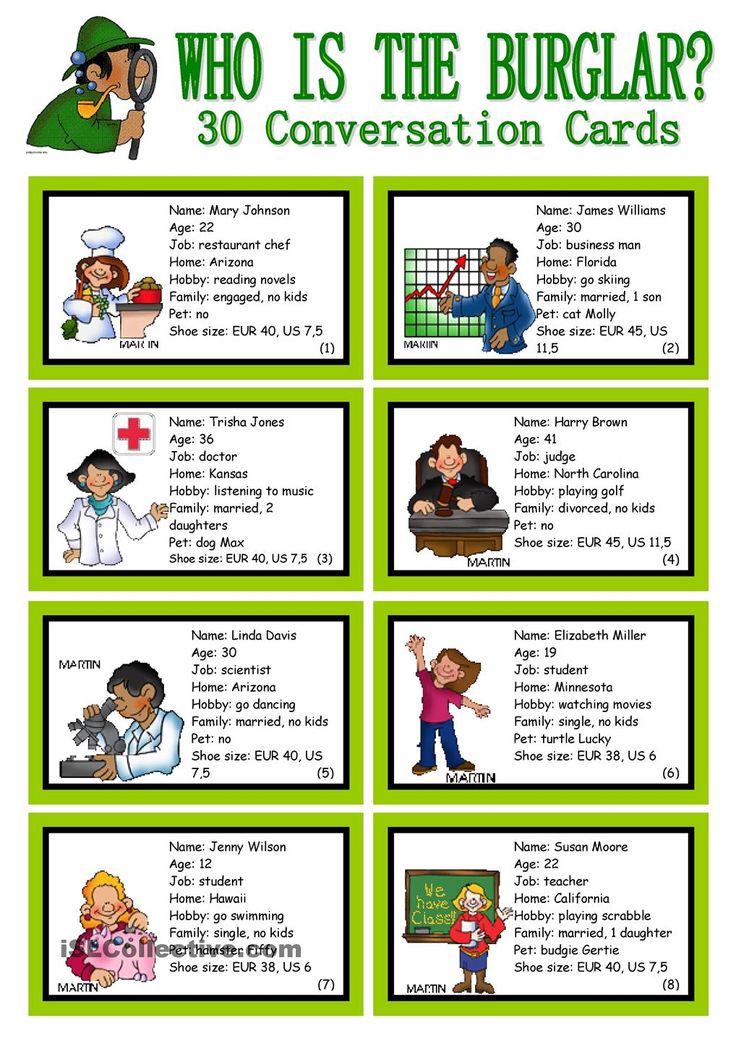
- Write a word on the board. One of the team members of the student in the hot seat must help the student guess the word by describing it. They have a limited amount of time and cannot say, spell or draw the word.
- Continue until each team member has described a word to the student in the Hot Seat.
9. Where Shall I Go?
This game is used to test prepositions of movement and should be played after this subject has been taught in the classroom. This game is so much fun but it can be a little bit dangerous since you'll be having one student in each pair be blindfolded while the other directs them. So make sure to keep your eyes open!
It is also excellent for the adult EFL classroom, or if you're teaching teenagers.
- Why use it? Prepositions; Speaking and Listening
- Who it's best for: All ages and levels
How to play:
- Before the students arrive, turn your classroom into a maze by rearranging it.
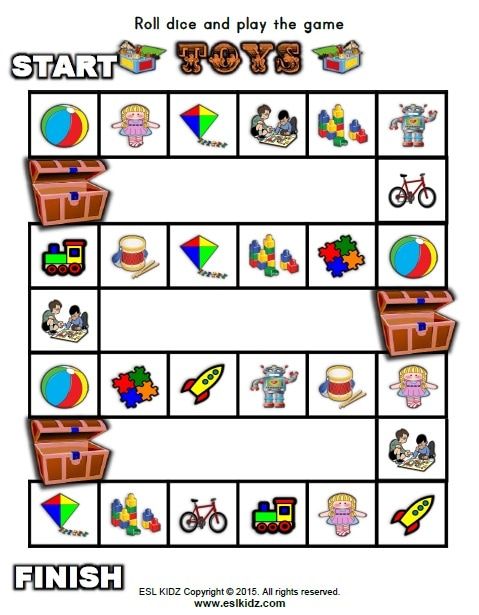 It's great if you can do this outside, but otherwise push tables and chairs together and move furniture to make your maze.
It's great if you can do this outside, but otherwise push tables and chairs together and move furniture to make your maze. - When your students arrive, put them in pairs outside the classroom. Blindfold one student from each pair.
- Allow pairs to enter the classroom one at a time; the blindfolded student should be led through the maze by their partner. The students must use directions such as step over, go under, go up, and go down to lead their partner to the end of the maze.
10. What’s My Problem?
This is a brilliant EFL game to practice giving advice. It should be played after the ‘giving advice’ vocabulary lesson has taken place. It is a great way for students to see what they have remembered and what needs reviewing. This game works well with any age group, just adapt it to fit the age you’re working with.
- Why use it? Speaking and Listening; Giving Advice
- Who it's best for: All ages and levels
Play Video
How to play:
- Write ailments or problems related to your most recent lesson on post-it notes and stick one post-it note on each student’s back.
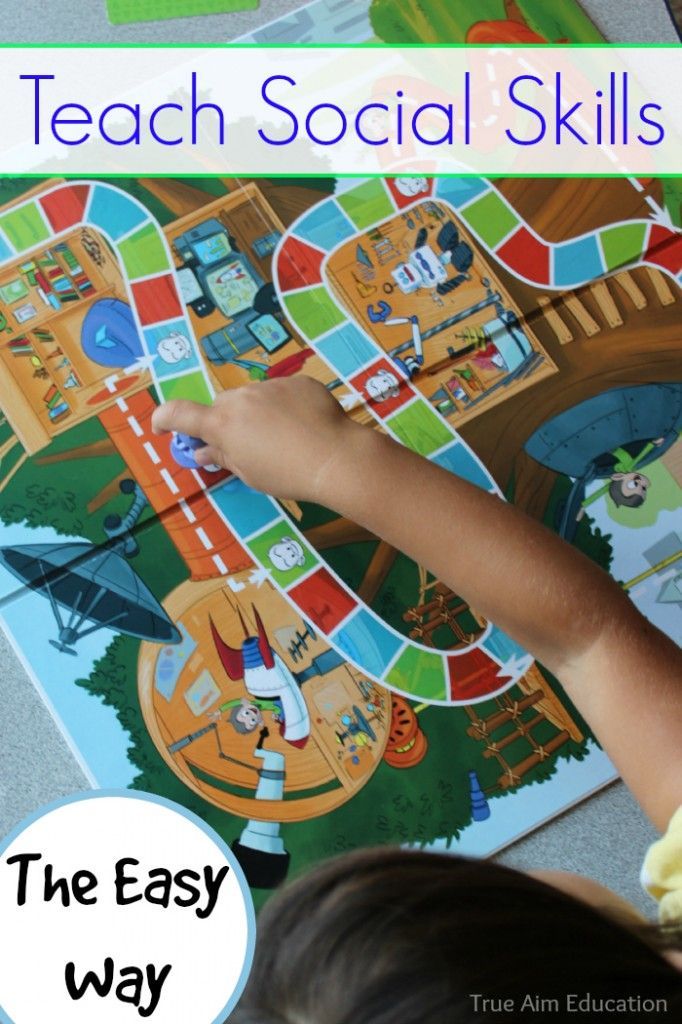
- The students must mingle and ask for advice from other students to solve their problem.
- Students should be able to guess their problem based on the advice they get from their peers.
- Use more complicated or obscure problems to make the game more interesting for older students. For lower levels and younger students, announce a category or reference a recent lesson, like "Health", to help them along.
These games will keep your students engaged and happy as they learn! Remember, these are just ten on the hundreds of different EFL games that you can plat with your students. As you get more confident in the classroom, you can start putting your own spin on games and eventually make up your own.
Whatever the age of your students, they’re guaranteed to love playing EFL games in the classroom. An EFL classroom should be fun, active and challenging and these games are sure to get you heading in the right direction.
This article was originally published in October 2013; we redesigned and updated this article in May 2018.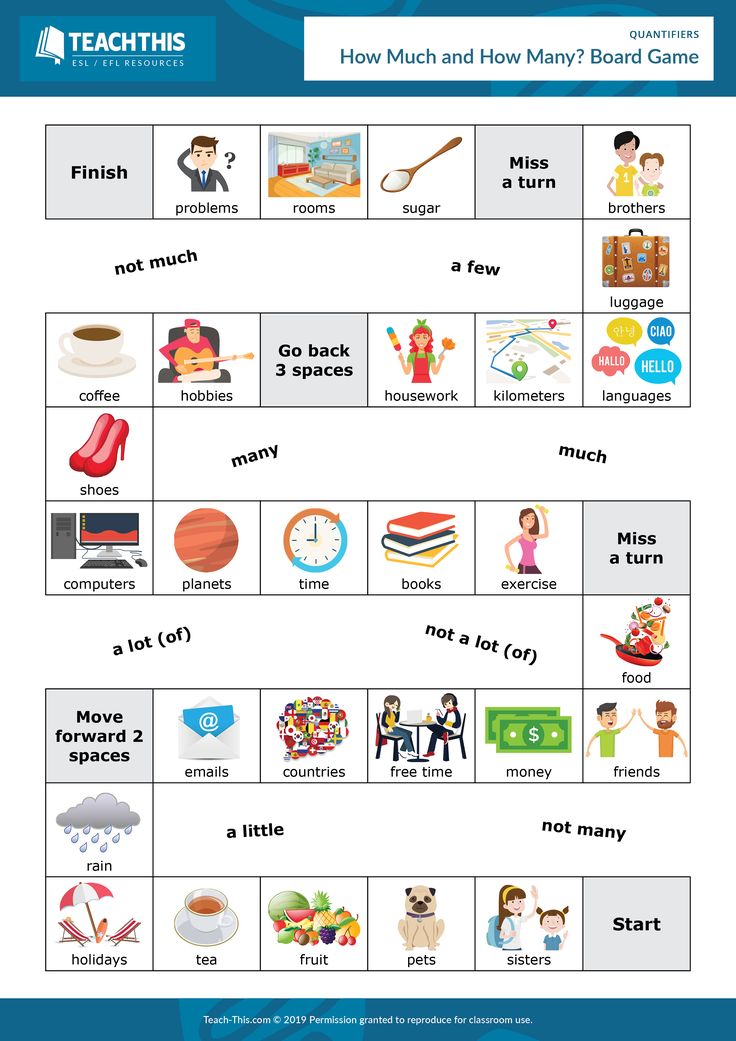
Looking for a new Teaching Job? Here are the latest:
Keep on Reading
24 Excellent ESL games for kids
// by Michelle Mandel
What better way to learn a language than playing games? Playing games is so interactive and hands-on and children will speak and learn more when they are having fun.
1. Fizz or Buzz with numbers
Children absolutely love circle games of elimination. It is a fast-paced game that can be played at the beginning of the class and at the end of the class to revise numbers. Instead of saying 3, 5, 13,15, 23,25, 33, and so on... the children have to say Fizz or Buzz.
The teacher starts out the round with a number and quickly, the children go round saying the next number except when they get to any number with a 3 or a 5 they replace it with a Fizz or Buzz. If you make a mistake sit down till the next round.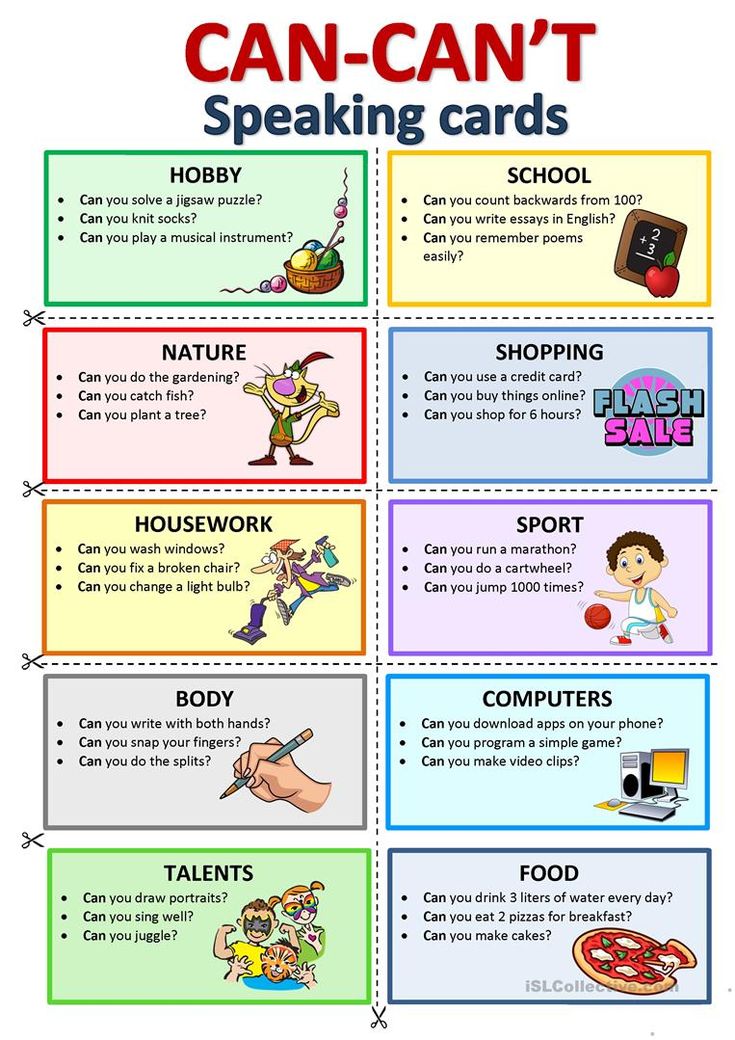 Great laughter!
Great laughter!
Learn More: Dr. Mike's Math Games For Kids
2. Scavenger hunt
Treasure and Scavenger hunts are such fun. They can be done in small groups or pairs. The best thing about them is that you can do them by running around looking for objects on a list or by giving kids a list of clues and images to find depending on the clue. This can be done using old magazines, books, or newspapers.
Learn More: English Current
3. Taboo - 3 minutes Time limit!
This game really helps children learn how to paraphrase as they have a list of words that they cannot say for example bathroom, water, clean, soap stand, and their teammate must guess HAVE a SHOWER. Therefore they have to say, place in the house, don't sit or lay down, relaxing, small area, curtain, smells wonderful, sing ...The best part is you can get the students to help you prepare the material in advance. Fun game!
Learn More: ISL Collective
4.
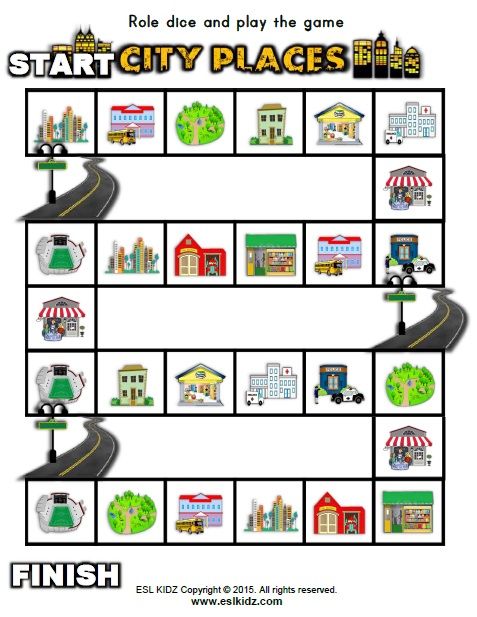 Pictionary
Pictionary We all love drawing and playing games and Pictionary is a fantastic game for vocabulary review I have even used it for verb tense review.
Small pieces of paper and pens or a whiteboard is all you need. Download the dictionary cards or make your own. Divide the class into teams and time for a fun activity!
Learn More: The Game Gal
5. Freeze Charades
Explain the basic rules of charades and have the children come up with a verb to act out. Shopping, Swimming, Watching TV - something easy. Then in the middle of their turn, the teacher shouts Freeze! and other children take their places in the exact position and the class has to say what it looks like they could be doing. "They were watching TV but now they are fishing" and then they act it out for a moment. Everyone loves improvisation games.
Learn More: Drama Trunk
6. Last Man Standing
Students stand in a circle and the teacher tells the students the topic and they pass or toss the ball around saying words or short sentences that relate to the topic.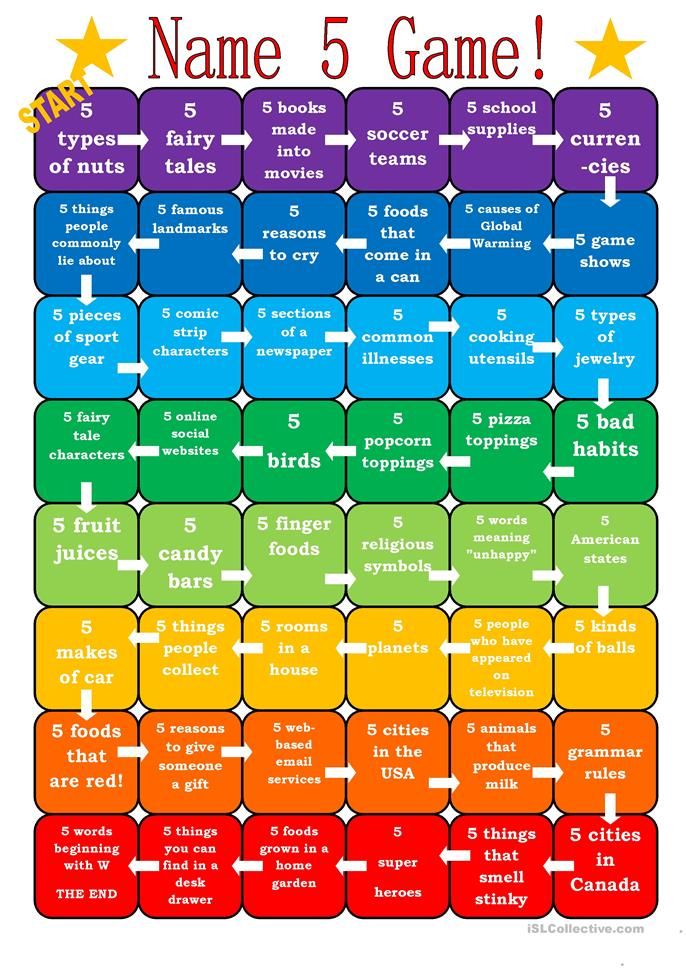 Keep it going faster and faster. If someone hesitates they are eliminated. Depending on the class size you can have more than one group. This is a word association game.
Keep it going faster and faster. If someone hesitates they are eliminated. Depending on the class size you can have more than one group. This is a word association game.
Learn More: The Ideal Teacher
7. Twenty Questions
This is a classic game and the game time is short so you can have more than one round. If you have a big group, I would say break it up into two teams. 20 Questions is one of the simple games that anyone can participate with a little help. Good for a vocabulary lesson and to learn to ask questions. Students have 20 questions to guess if the word you are thinking of is a mineral, object, food, or animal. Students ask any question - yes or no answers only.
Learn More: Triple S Games
8. Stop the Bus!
The teacher draws or has a flashcard of the bus and a path. When the children say start the bus, the teacher gives them one letter and they have to try to write down as many words as they can starting with that letter.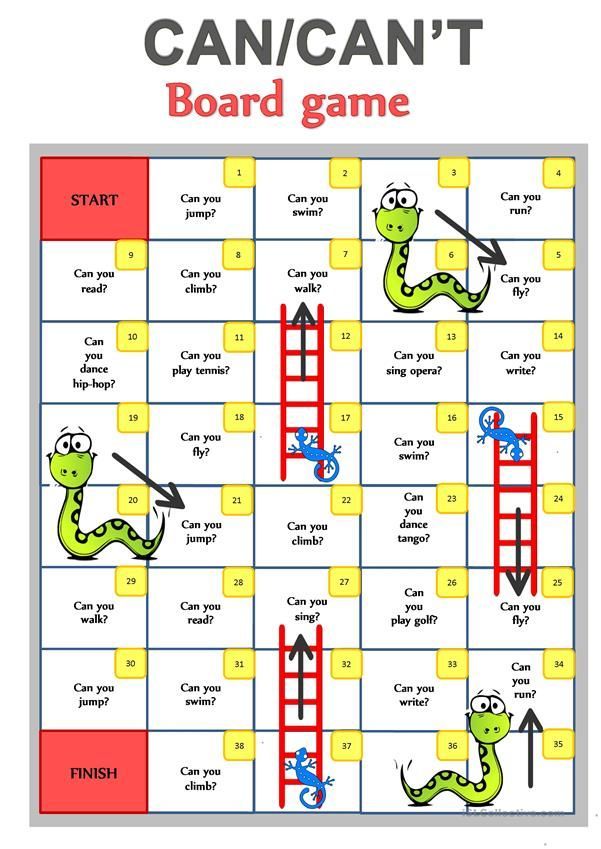 Until a short period of time passes and the bus reaches the bus stop picture on the board. Children get one point for the same word and 5 points for something different.
Until a short period of time passes and the bus reaches the bus stop picture on the board. Children get one point for the same word and 5 points for something different.
Learn More: Teaching English
9. Sentence building XXL
Prepare a long list of complete sentences and structures with the vocabulary you are learning. Write the sentences out on A5 paper in a big font. Then cut up the sentences so you have a lot of words on paper. Shuffle and play in teams then they can try to build short or long sentences over and over again. Fun for all ages. Make the sentences funny and interesting.
Learn More: Eslexpat
10. Call my bluff
This is popular with tweens and teens.
Students write down in their notebooks two facts that are true about them and one lie. The other students are allowed a couple of questions to find out which one is the lie. Student A. I speak German - I play hockey - My sister has a pet snake.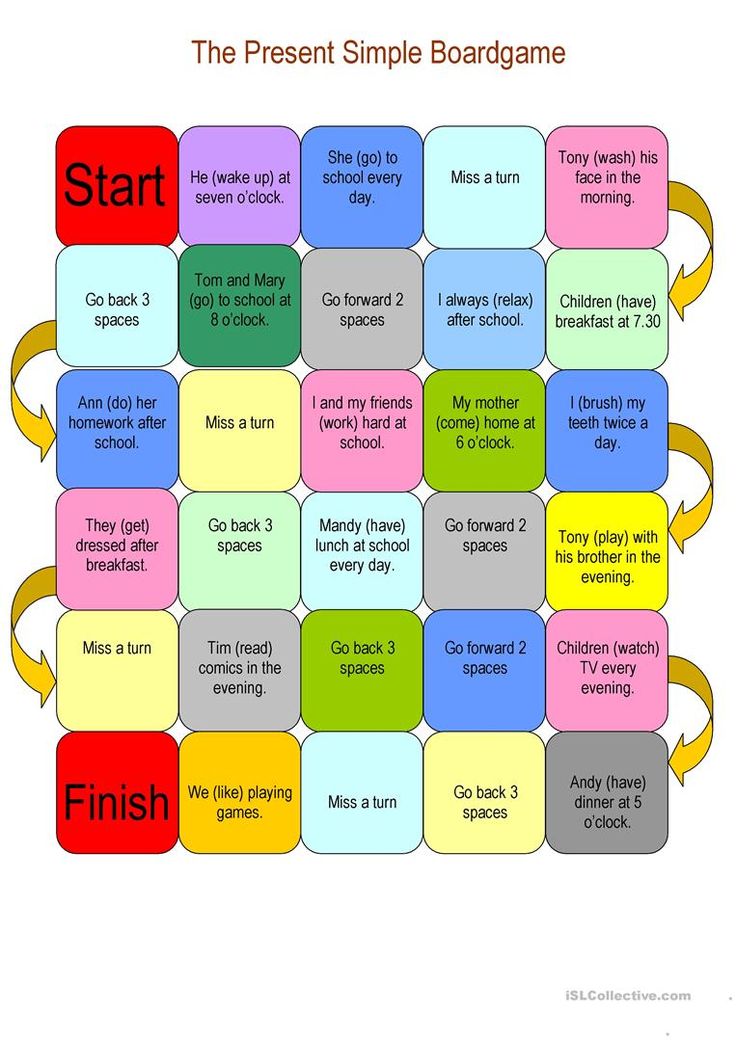
The question could be: When did you learn German or how do you say I like cheese in German? When did you start playing hockey?, Tell me 3 rules about the game, and What breed is your sister's snake?
Everyone will love this game. All can participate in trying to call the other one's bluff!
Learn More: Free English Lesson Plans
11. Hangman Games
This is a good game played in pairs with mini-whiteboards. Students can invent their own words or they can have help from one of the lists. I would go the extra mile and have proper stands that you can make easily. They can practice spelling skills and they are very interactive games too.
Laminate your own boards.
Learn More: English Club
12. Move your body dice
Get a twenty-sided dice and write a variety of exercises like jumping jacks, hop on one-foot touch, tap your head and pat your tummy .... Roll the die and one student shouts out the moment.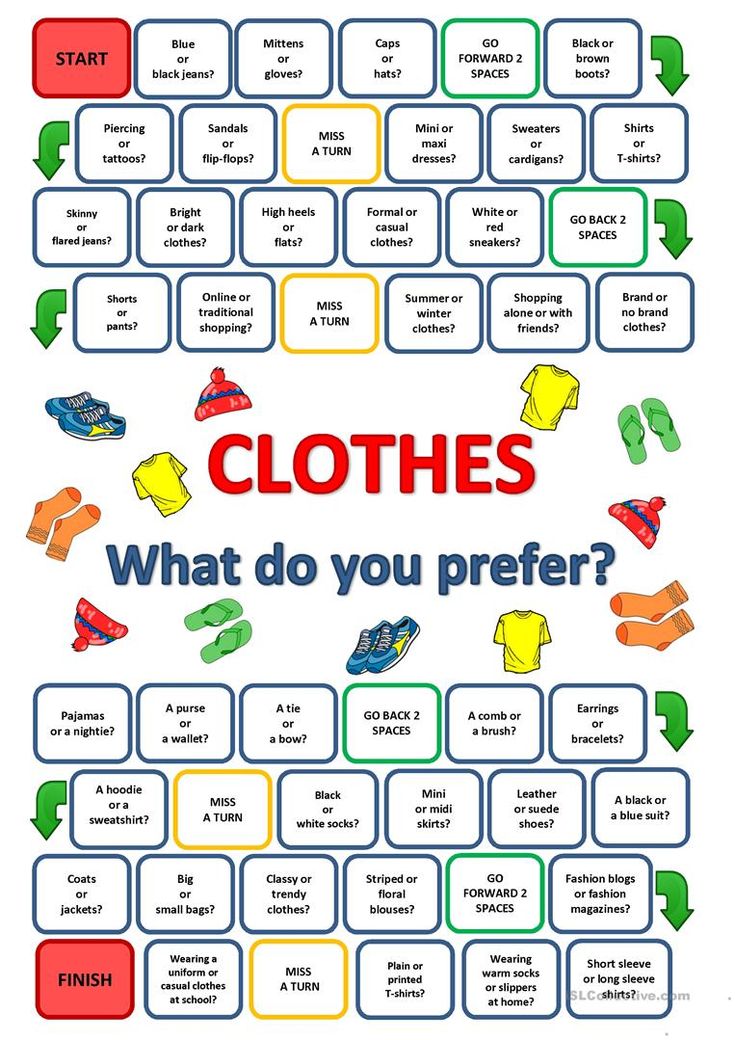 Everyone keeps going until the die is rolled again.
Everyone keeps going until the die is rolled again.
Learn More: Kid Inspired
13. Backwards!
Learning how to talk backward is a fantastic way to get children to really listen and pick up what you are saying. You are old how? From are your where? They think it is so silly, they pay attention and they are desperate to want to correct you. Can be worked into any lesson for learners.
Learn More: Andy - The ESL Guy
14. What am I or the forehead game?
If you have a classroom with space this is a fun activity. You can use printable worksheets or you can make your own. Primary school children seem to love this the best. The teacher puts a sticky note on their forehead with a noun on it such as; baby pig, smelly sock, cow, or hotdog. then the teacher asks questions like am I alive, am I an animal. Normally all of the students have paper or sticky notes on their forehead, walk around mingle and play.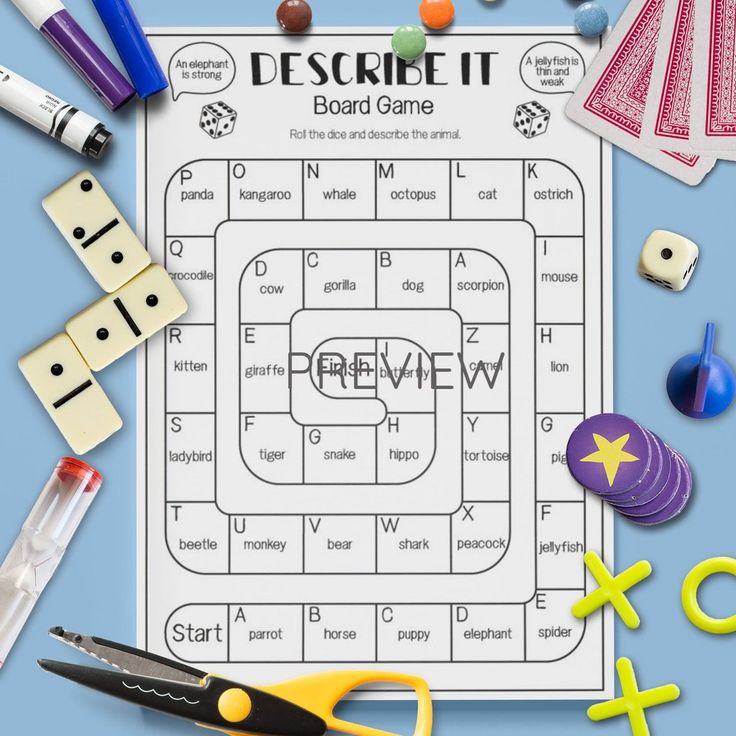 What am I?
What am I?
Learn More: Games 4 ESL
15. Singing grammar
Singing Grammar has been around for a long time and it is still loved by all my kids and tweens.
"Johnny's playing football and he's gonna get dirty" ..." Johnny your mother's coming...
Singing grammar has downloadable worksheets, printable worksheets, and songs that teach all of the tenses in an amusing way! Great for all English learners to practice their listening skills.
Learn More: Hancock Mcdonald
16. Riddle time and Jokes ESL
Riddles and jokes are something that is typically English and easy and natural to learn. Children can hear and understand English riddles and jokes and then they can go home and do some investigation and write their own to share with the class. Good vocabulary practice, reading, and writing all in one lesson plan.
Learn More: English Post
17. Hidden picture PowerPoint game
With this activity, you can discover how to make your own hidden picture PowerPoint game.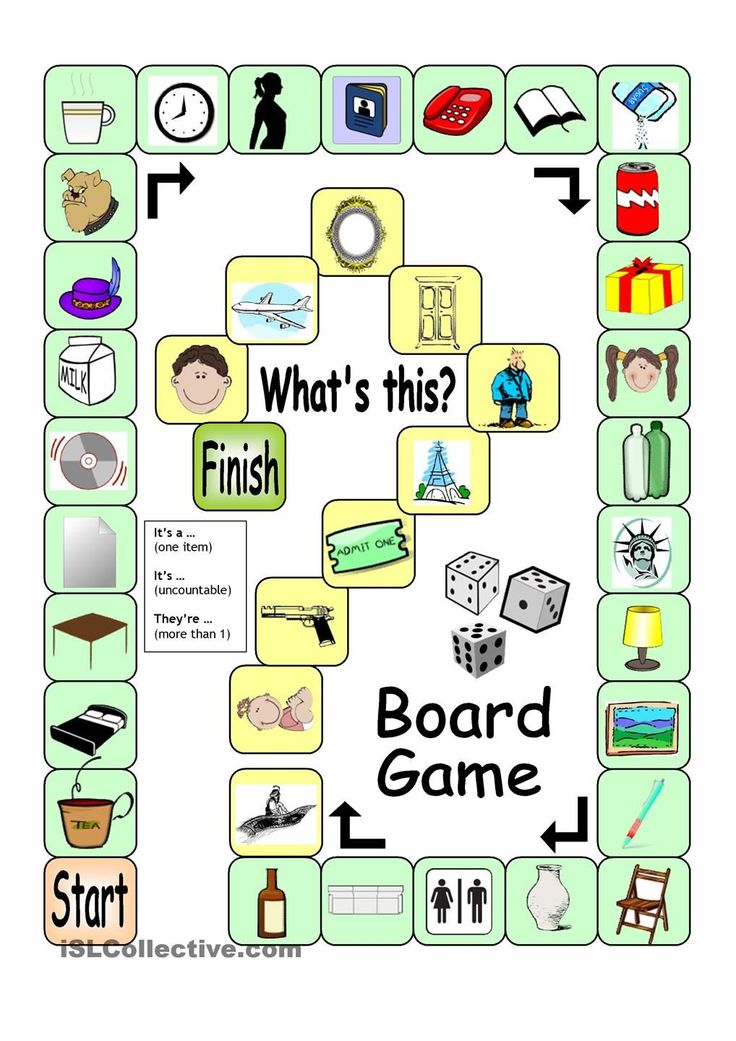 The children will see one revealed square and slowly they will start to ask questions and deduct what the hidden photograph is. Good for a class warm-up.
The children will see one revealed square and slowly they will start to ask questions and deduct what the hidden photograph is. Good for a class warm-up.
Learn More: Games 4 ESL
18. Jeopary ESL
This game can be prepared over time where the students are coming up with the questions such as:
a festival celebrated in fall where people do not wear normal clothes and they like to look like something from a scary movie. They go out to the street at night and ask neighbors for sweets.
Answer = What is Halloween?
Good game to improve all 4 skills.
Learn More: Jeopardy Labs
19. Cup of Conversation
Fill some plastic coffee mugs with different topics written on small pieces of paper. Each student draws a paper and then they have a simple conversation about the topic. When they are finished, exchange the cup to start a new topic. Effective lesson for pre-intermediate or advanced learners.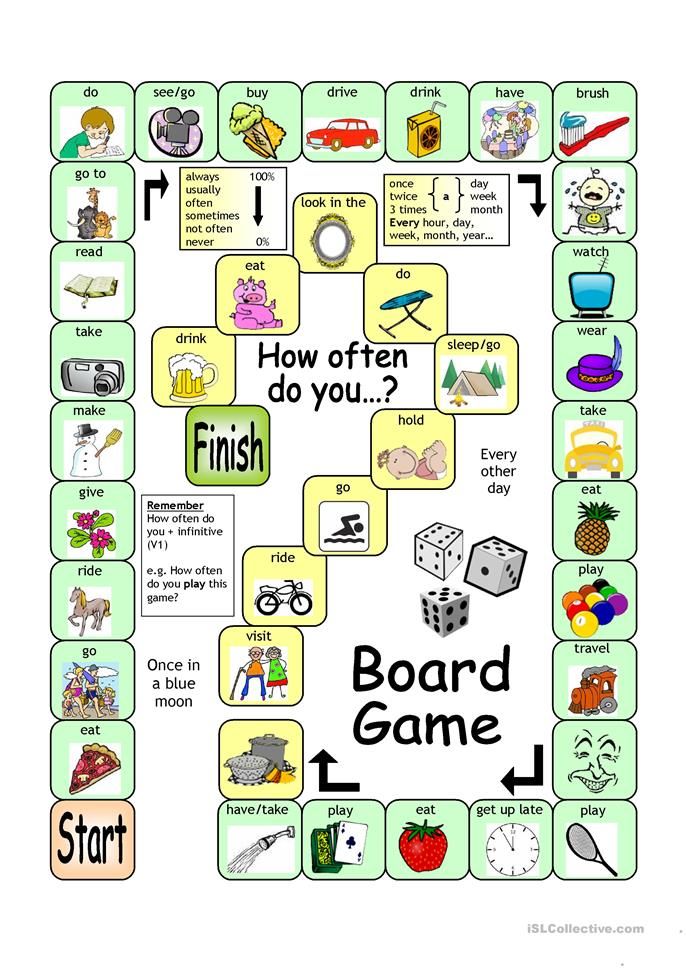
Learn More: ESL Cafe
20. Fast photos
In this activity, we are trying to prepare the students for the Cambridge speaking exams PET or FCE. We quickly show the entire class the picture for less than 10 seconds and they have to try to explain something they thought they saw. Great Teen concentration game.
What were the people doing?
What was the weather like?
What clothes were they wearing?
How do they feel?
Everyone speaks and everyone participates. Good for A2+ levels
Learn More: English Post
21. Did you say Drawing dictation
Your students will have a blast with this mix of ESL and art lesson games. Imagine the teacher says "okay listen to the dictation and instead of writing it, please draw it and share. "
Three ladies went to the beach to sunbathe at the sea.
Can you imagine what fun they will have trying to draw the dictation!
Learn More: English Post
22.
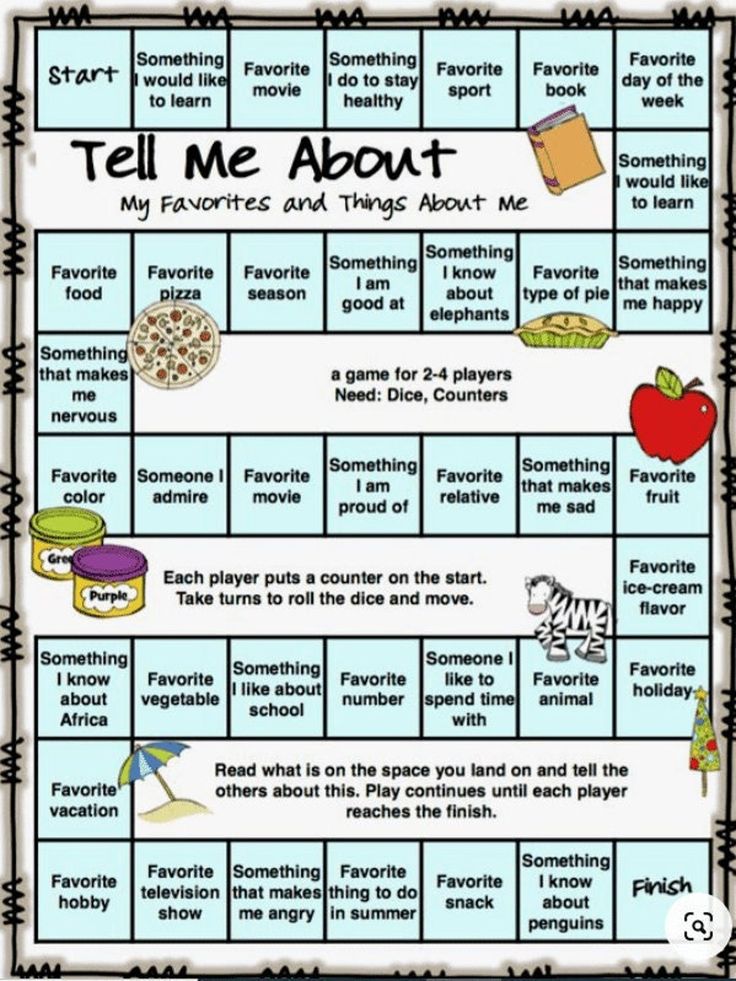 Tic Tac Talk
Tic Tac Talk Draw a simple tic, tac, toe board and write some prompts in it and the students take turns answering the questions and crossing out their box with an X or an O.
Learn More: Greg
23. Phonics time
One of the best ways to learn English is to know your phonics. With some special websites like Kiz Phonics and Phonics Printable worksheets and phonics games, your students can really learn vowel sounds and consonant blends. Slowly Phonics will be like patterns to kids on their way to reading.
Learn More: Kiz Phonics
24. Hungry Hamsters
Hungry Hamsters ESL provides English Lesson plans, listening skills, and cute interactive digital videos to help your student learn English easily. Fun classroom activities as well. With these little rodents learning English will be like riding a bike. Great way to start a beginner's class.
Learn More: ISL Collective
Related posts:
Category: Classroom Ideas
Educational games for children aged 5-6 with parents at home
Games for preschool children are not just fun, but a necessity.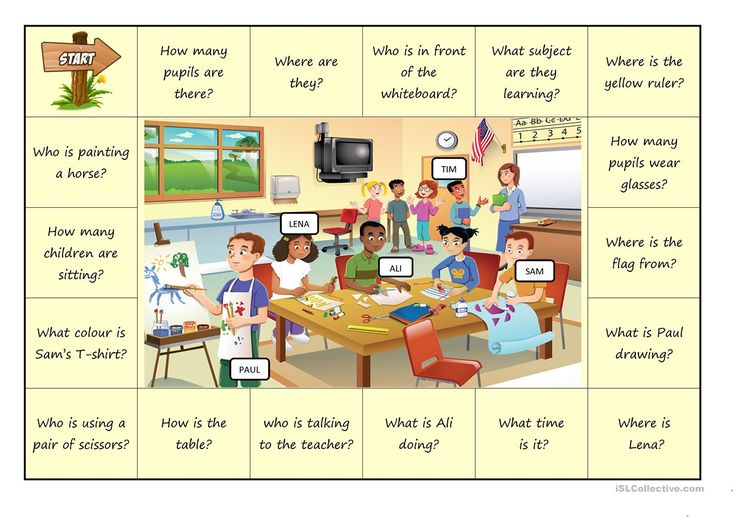 Through the game, the child develops, the formation of his personality takes place. The game helps to master the rules, broaden your horizons, develop perseverance, train mindfulness. These qualities are necessary for an older preschool child, especially before entering school.
Through the game, the child develops, the formation of his personality takes place. The game helps to master the rules, broaden your horizons, develop perseverance, train mindfulness. These qualities are necessary for an older preschool child, especially before entering school.
Any activity with a child must be age appropriate. In this article, we will consider which games are most suitable for children 5-6 years old, and we will understand their classification. nine0003
Article content:
- Outdoor games
- Board games
- Educational games
- Educational games
- Advice for parents
- Output
Outdoor games
Outdoor games for children are useful because they develop reaction, dexterity, endurance, coordination of movements, add extreme sports. For preschoolers 5-6 years old, an outdoor game lasts 20-25 minutes. This type of play allows children to throw out the energy that accumulates during the day.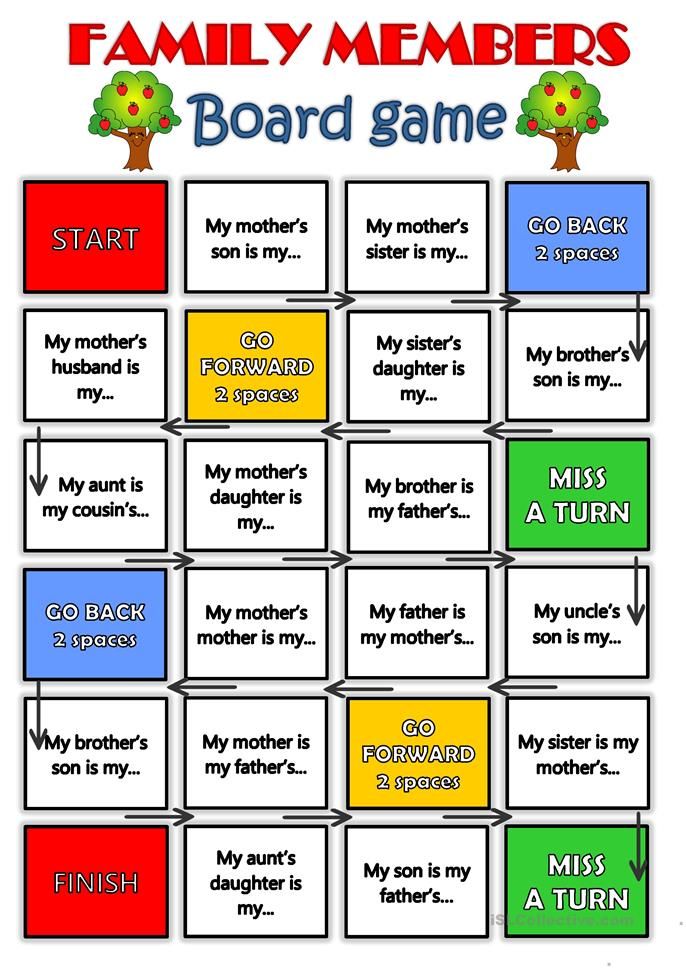 nine0003
nine0003
In kindergartens, after an active daytime walk, children have no problems going to bed during the waking hours. This practice can be used at home when you want to put your baby to bed.
- Giant Lilliputians. When an adult says "Lilliputians", the children squat as low as possible to the ground. Hearing the word "giants", they rise up on their toes and pull their hands high up. Make the task more difficult and intentionally confuse the child by naming the word and showing the wrong movement. Playing at a fast pace will encourage the baby to be more attentive and focused, as well as strengthen leg muscles. nine0014
- "Do the opposite." For six year olds, this game will be a real challenge to train their attention. An adult shows the movements, and the child must come up with a version in reverse. If the leader jumped, the participant of the game sits down. If the facilitator stretched his hands forward, the participant hides them, and so on.
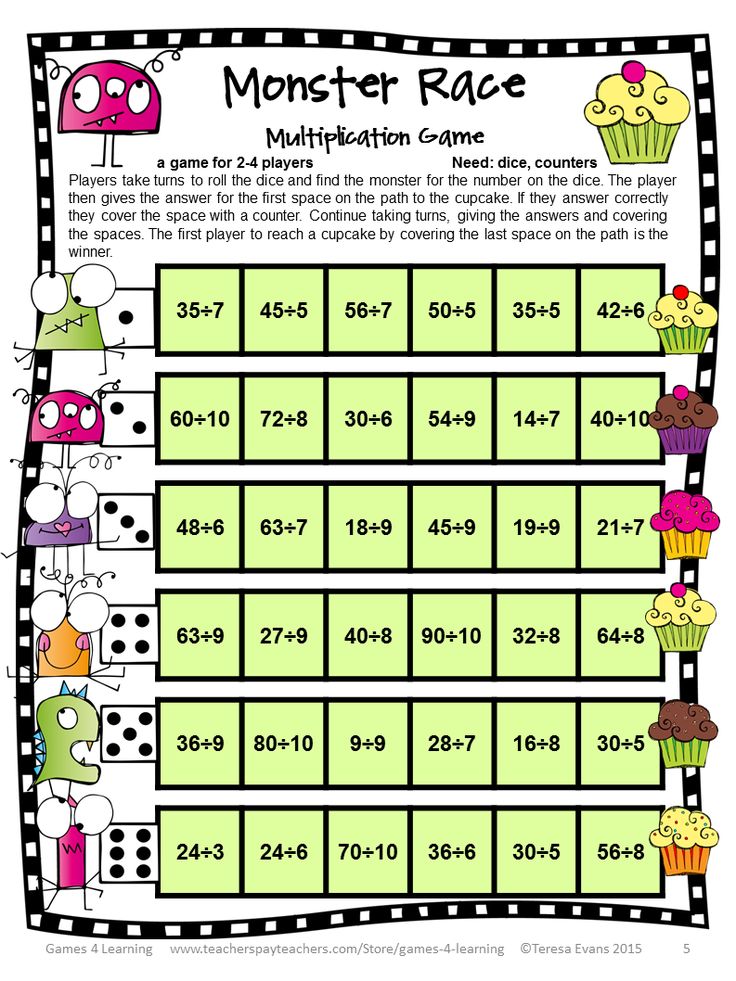
- Dance Marathon. Host a dance marathon for the whole family. To do this, you need a good mood, incendiary music and at least 2 participants. To diversify the game, the adult stops the music, and the children freeze in the position in which they remain. Music games improve mood, relieve fatigue and strengthen the relationship between parent and child. nine0014
Board games
For children aged 5-6, board games are an exciting activity. This type of game teaches the child to act according to the rules, to wait for his turn, to be able to negotiate. The desktops always have some paraphernalia that you can touch: cubes, puzzles, figures. Tactile contact with them develops not only curiosity, but also fine motor skills of the child.
There are board games that are more suitable for girls, for example with the heroines of fairy tales. It is also important to select desktops for boys taking into account their interests. nine0003
- Jenga.
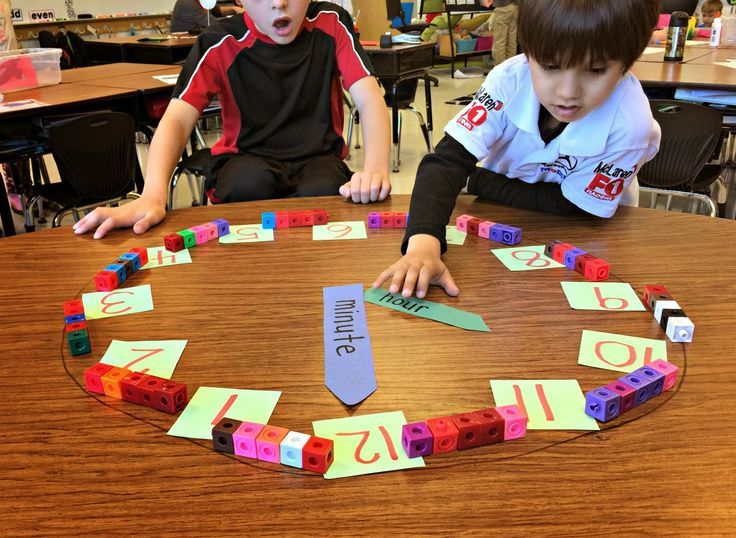 A popular game that develops fine motor skills. Suitable for adults and children. It is a set of wooden blocks. The game begins with the construction of a tower of 3 bars, 3 more bars are placed on top, but in a different direction, and so on with the whole set. When the tower is built, the participants take out a block with one hand so that nothing collapses. The elongated block is placed on top of the tower. The one whose turn the tower collapses loses.
A popular game that develops fine motor skills. Suitable for adults and children. It is a set of wooden blocks. The game begins with the construction of a tower of 3 bars, 3 more bars are placed on top, but in a different direction, and so on with the whole set. When the tower is built, the participants take out a block with one hand so that nothing collapses. The elongated block is placed on top of the tower. The one whose turn the tower collapses loses. - Monopoly. The game exists in various variations. Choose a children's monopoly for children from 5 years old. The number of participants is from 2 to 4 people. The main benefit of a monopoly is that it allows you to master the skills of the economy. All players pass the playing field in turn. The roll of the die determines how many steps the contestant must take. The winner is the one who achieves the bankruptcy of other players and becomes a monopolist. nine0014
Educational games
Adults should pay special attention to educational games.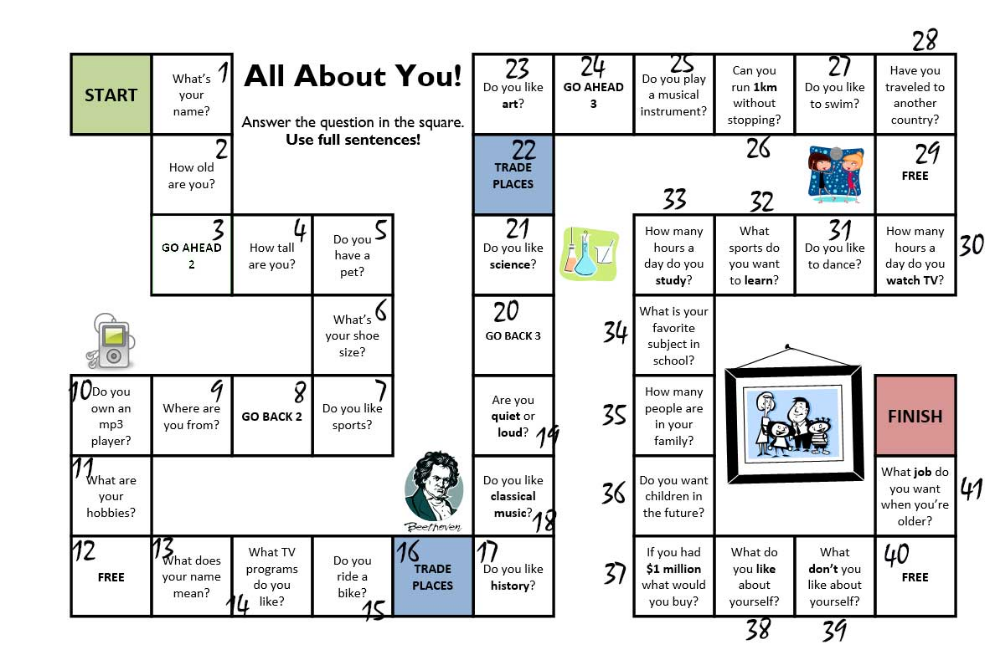 The child chooses those games that respond to him. Therefore, the parent manages the activities of his child, offers options for games that help develop.
The child chooses those games that respond to him. Therefore, the parent manages the activities of his child, offers options for games that help develop.
Consider 2 variants of educational games for children.
For the development of intelligence
Logic games combine 2 important functions - entertainment and development. A child who often plays such games is distinguished by lively thinking, a broad outlook, curiosity and sociality. nine0003
Examples of mind games:
- Quizzes for which you need to compose questions and prepare prizes for correct answers. For a 5-year-old child, select questions on the topics of fairy tales (“Who left his grandmother and left his grandfather?”), Nature (“When the sun sets, is that called ...?”), Seasons (“What season comes after spring?” ). Ask children 6 years old to answer questions on the following topics: days of the week (“What day of the week follows Thursday?”), household items (“What device helps to count numbers?”), social world (“What do they call people who have a wedding?” ).
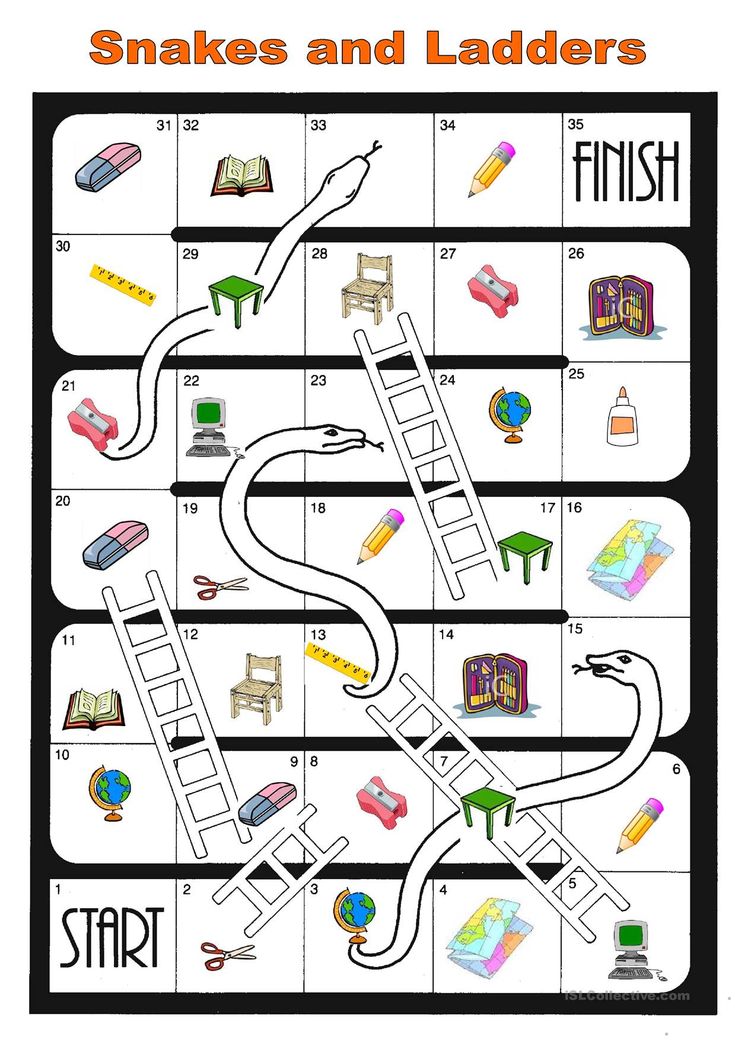 nine0014
nine0014 - Solving puzzles is a good way for the logical development of children 5-6 years old. It is necessary to teach the child to guess the encrypted word, starting from simple options. As soon as the baby learns the basics, complicate the puzzles, along the way explaining the new rules.
For the development of speech
Word games with children are very easy to organize at home. Clear and expressive speech, the ability to express one's thoughts will help the child quickly adapt to new conditions at school. Why it is so important to pay attention to the development of speech, read the article "How to teach a child to speak: ways, games and exercises." nine0003
Examples of what to play with a child to develop speech:
- “Choose a rhyme”. The adult calls the word, and the child comes up with rhymes. Write down all the rhymes and compose a poem with your child. The game allows you to replenish vocabulary and develops literary creativity.
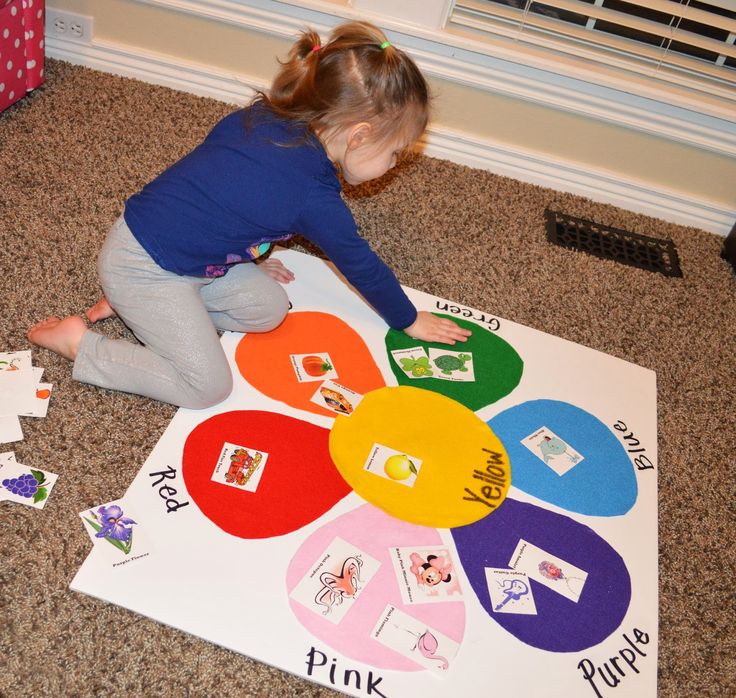
- "Pick a word." The leader throws the ball and calls any part of speech (noun, verb). Participants choose the word that makes sense. For example, "ball" - "jumps", "beautiful" - "doll". nine0014
- "Choose an antonym." The facilitator calls the word and invites the participants to pick up the word in reverse, explaining that such words are called antonyms. The game expands vocabulary and reinforces the concepts of the Russian language.
Educational games
Educational games for children develop mental processes: memory, thinking, imagination. The purpose of the cognitive game is to teach the child the knowledge, skills, actions necessary for further development. nine0003
For learning to read and write
Learning to read and write begins with your child's introduction to letters and sounds. When a preschooler learns to hear individual sounds in a word, then he will be able to write. You can develop this skill with the help of games:
- “Name the words starting with the letter…”: the adult calls the letter, and the child selects as many words as possible that begin with this letter.
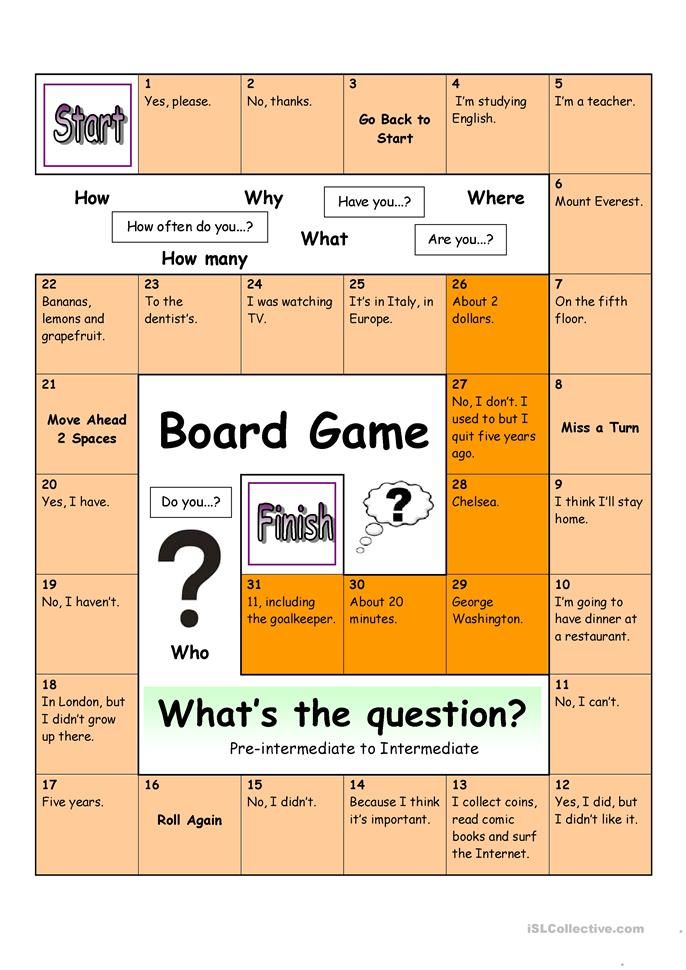 At the initial stage, use pictures with images of words to help.
At the initial stage, use pictures with images of words to help. - "Find the letter": an adult shows pictures with images of letters in different fonts and sizes. The child must find the letter that was asked. With the help of visual memory, a preschooler will remember what the letters look like and will be able to write them on their own. nine0014
Math learning
Math games help children ages 5-6 get ready for school. Introduction to mathematics begins with teaching numbers, counting, and then calculations. It will be easier for a child to master mathematical representations if you pick up entertaining games.
- "Geometric figures". The game with a 5-year-old child is aimed at developing knowledge of geometric shapes that can be cut out of cardboard. The adult calls the figure, and the child chooses it among the other figures. At the end of the game, build a house or any other figure together. nine0014
- "Tell me, what number is missing?".
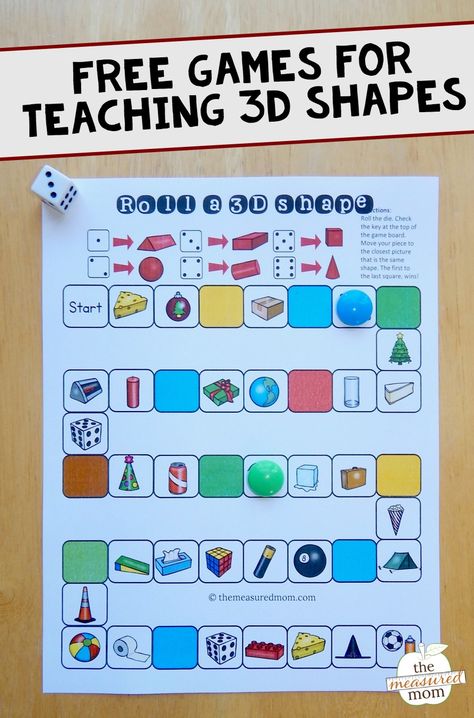 A game for children who can consistently count up to 20. You must fill in the missing numbers that come before, between or after the given number.
A game for children who can consistently count up to 20. You must fill in the missing numbers that come before, between or after the given number.
To teach retelling
The ability to retell texts must be trained from preschool age. Do this while doing household chores. Let the child tell what happened in their favorite cartoon or book. To diversify children's activities, use games for five-year-olds and six-year-olds. nine0003
- Theater at Home. Choose a story that your child likes. Assign roles and arrange a theatrical performance. Children really like to try on the roles of their favorite characters, so remembering the script will not be difficult. Such an activity will teach the child not only to memorize and retell the text, but also to make the speech expressive.
- "Letter from a forest dweller". For five year olds, playing with an imaginary animal will be a fun way to imagine how this or that character feels.
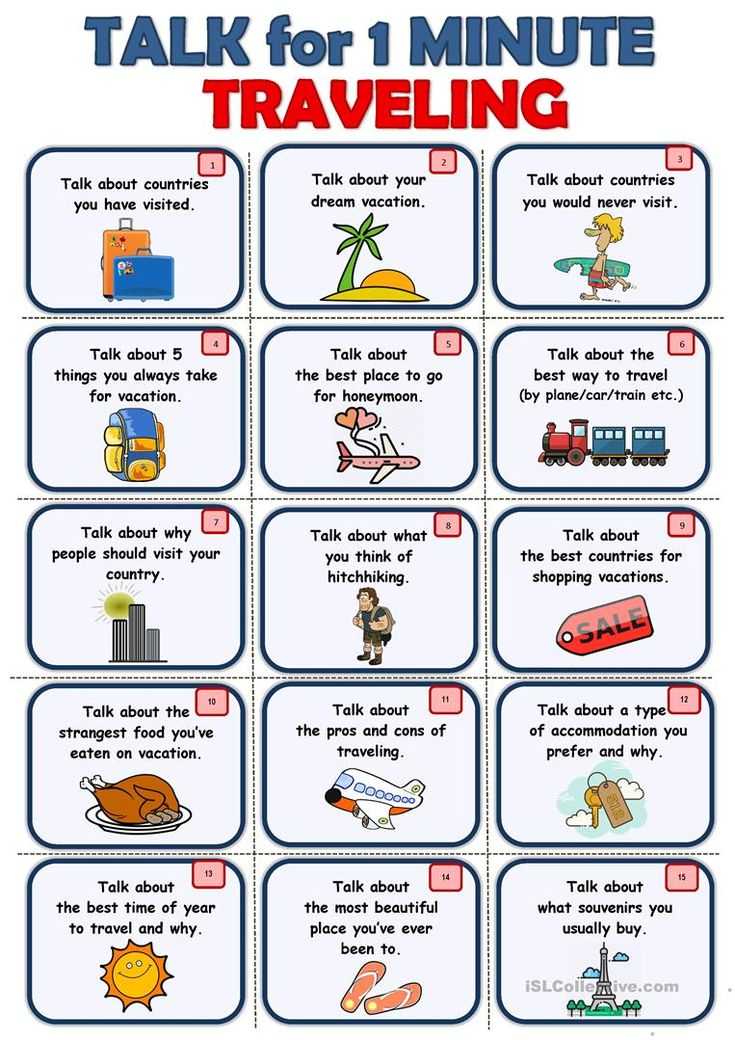 Prepare a set of pictures with a story, for example, how one day in the life of a hare goes. Invite your child to make up a story from the pictures or complete their own version. nine0014
Prepare a set of pictures with a story, for example, how one day in the life of a hare goes. Invite your child to make up a story from the pictures or complete their own version. nine0014
Tips for parents
- Discuss the rules before you start playing games.
- To avoid injury during outdoor play, instruct and inspect the play area for safety.
- Games with children 5-6 years old form behavior patterns, so choose useful options.
- Use every opportunity for the development of the child: at home, on a walk, in developing circles.
- Sincerely rejoice in the victories of the baby and do not focus on failures. Parental support is important for a child's development. nine0014
Read also: what a child should know and be able to do at 5 and 6 years old.
Conclusion
Playing with a child at home is a great pastime for adults and children.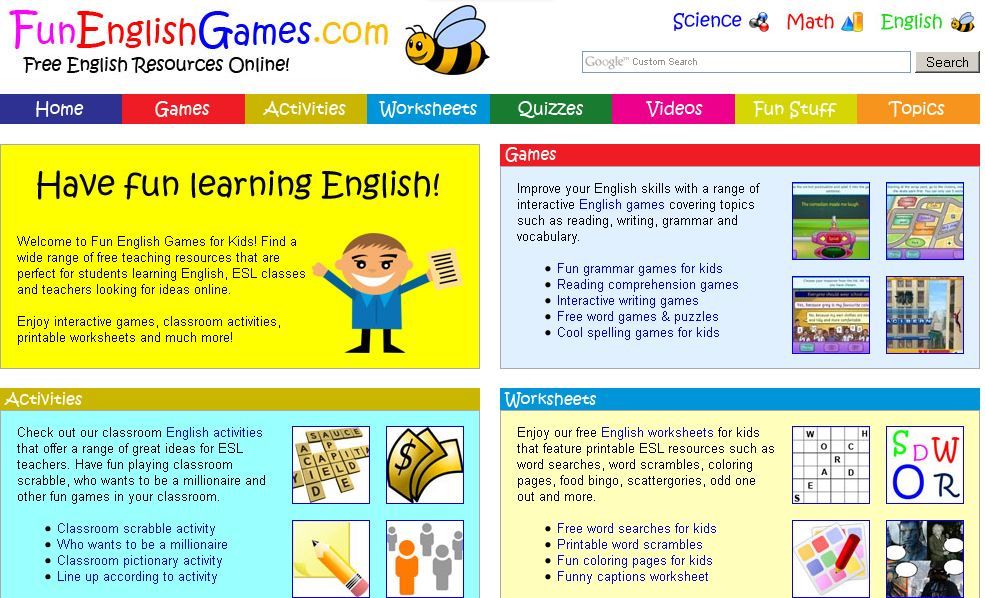 Unfortunately, there is not always time and opportunity to pay enough attention to this.
Unfortunately, there is not always time and opportunity to pay enough attention to this.
Children's clubs and kindergartens "Baby Club" offer parents general developmental and additional programs for children from 8 months to 7 years. Classes are held in a playful way, suitable for the age of the child. The developing environment of the groups is built on the principles of accessibility, safety, saturation with learning tools. nine0003
If you want your baby to develop in a free atmosphere, joy and care, choose our club or kindergarten in your city.
educational computer and board games for schoolchildren
The benefits of games for learning and communication
Games develop the ability to learn. For example, in strategies and puzzles one cannot cope without logical thinking, attentiveness and good memory.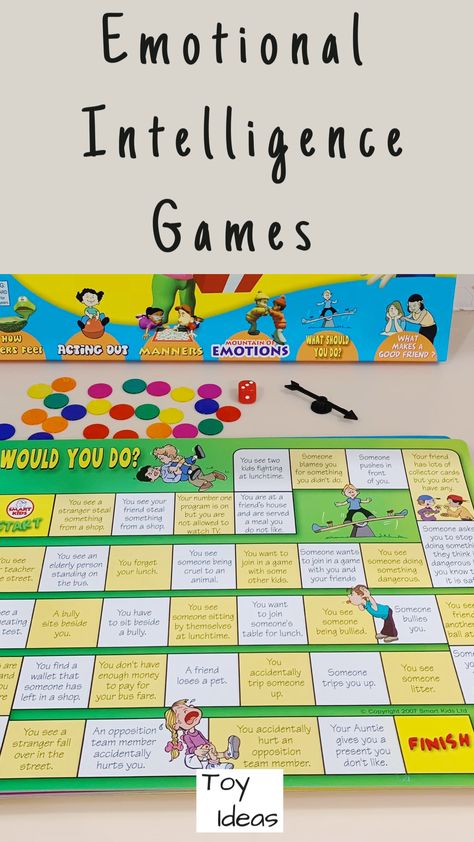 And there are games that require creativity and developed imagination. nine0003
And there are games that require creativity and developed imagination. nine0003
Games develop communication skills. During the game, we learn to interact with different people, to negotiate or defend our position.
Computer games useful for schoolchildren
Hearthstone
Source: playground.ruSubject: mathematics.
Heathstone is a popular online game based on the Warcraft universe. It has a huge variety of collectible cards. There is no plot, only competition with other players.
To win this educational computer game for kids, you need to think strategically and quickly count in your mind. The game lasts 15-30 minutes - during this time the player must think over a strategy and calculate all the moves using the numbers on the cards. There is no time to be distracted by a calculator - you will have to add, subtract and multiply by yourself.
Human Resource Machine
Source: tuttop.com
Subject: computer science.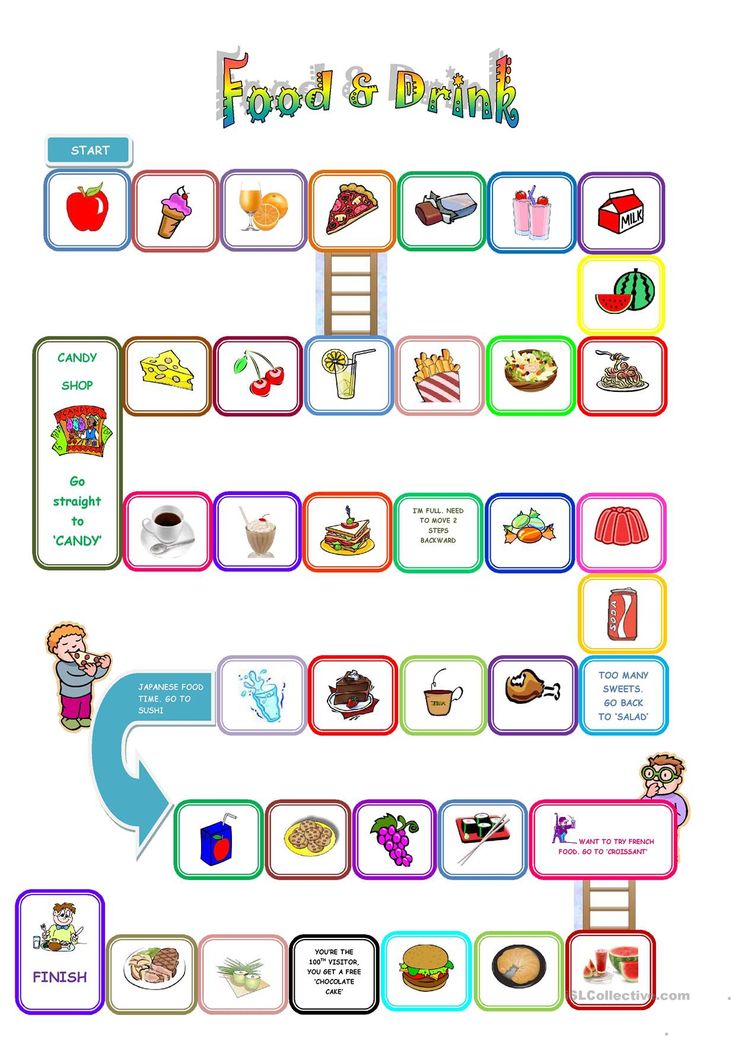
Human Resource Machine is a puzzle game for beginner programmers. It will help you learn the principles of programming in an easy way. nine0003
The player controls the virtual office using commands: copy, move, add, subtract and others. The little people on the screen move as they are programmed, so it is necessary to think over their actions in advance. Each correct code brings you closer to solving the puzzle. Such an educational game will not get bored for a long time.
Civilization
Source: vgtimes.ru
Subjects: social studies, history.
"Civilization" is a large series of strategies. The player manages his own civilization: settles people in villages and cities, develops infrastructure, extracts minerals. Over time, his people become stronger, expanding economic and cultural influence. You can play with friends and even the whole team. nine0003
Everything in the game happens according to the laws familiar from the lessons of history and social science.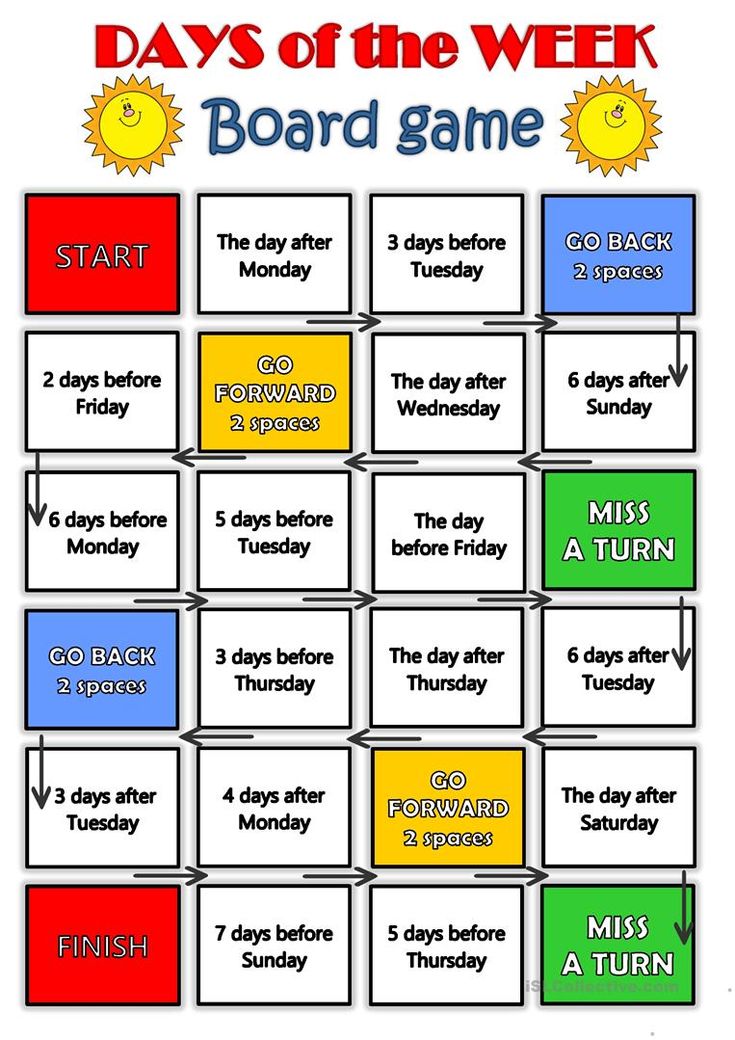 At the initial stages, an agrarian society, with a division of labor, a strict hierarchy, the need to develop an army. Later, education and the achievements of science become the main condition for development. A child in a playful way learns the whole experience of the development of human civilization and the laws by which it happened.
At the initial stages, an agrarian society, with a division of labor, a strict hierarchy, the need to develop an army. Later, education and the achievements of science become the main condition for development. A child in a playful way learns the whole experience of the development of human civilization and the laws by which it happened.
Spore
Source: game.sibnet.ruSubject: biology.
Spore is a game that illustrates the evolutionary process. The game will not replace biology lessons, but it does not pretend to be scientific. Spore helps to understand the laws of evolution and why it is needed. nine0003
The player initially has one space at his disposal. She swims in the world's oceans, trying to survive. When it grows into a large organism, it will be possible to add a tail, fins, spines to it. Each new detail affects how the body will behave. They can be removed later. Gradually, the player will have a whole civilization. The task is to reach in the evolution of the species to the construction of a spaceship and flight into space.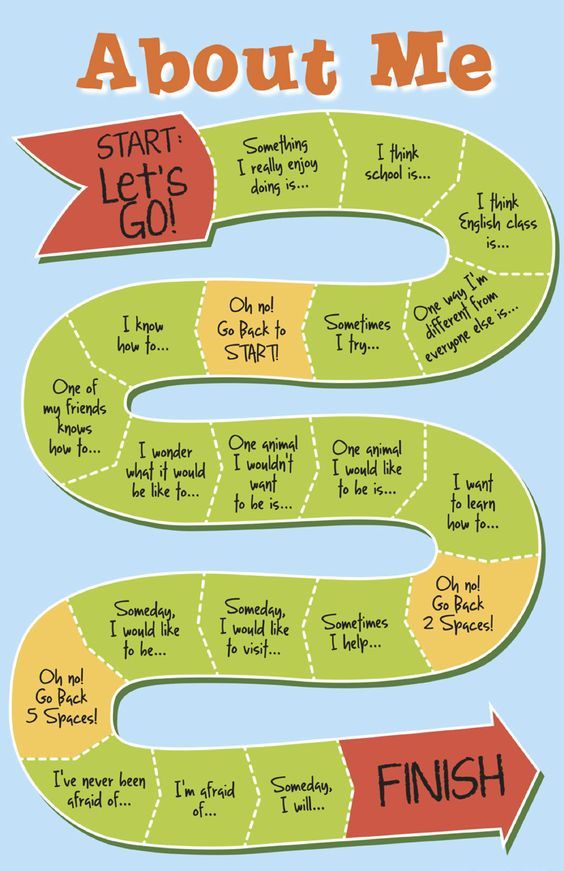
The Witness
Source: gametech.ruItems: any. nine0003
The Witness is a game that develops thinking, teaching not to chase the plot, but to be attentive to details. The player enters an island full of riddles and puzzles - more than 600 mazes! Monuments of epochs are everywhere - from the ancient world to the present day.
Puzzles are arranged by levels: from the easiest to the hardest. In this educational game, some puzzles require logic to solve, while others require flexibility of thinking. These qualities will be useful in your studies, help you solve problems faster and learn new topics. nine0003
Board games useful for schoolchildren
"Cash flow"
Source: vk.comSubjects: social studies, mathematics, economics.
Cash Flow is an economic strategy about life. Before the start of the game, participants receive their profession, a list of regular expenses and some finances. In each circle, they can buy, sell or invest in something shares.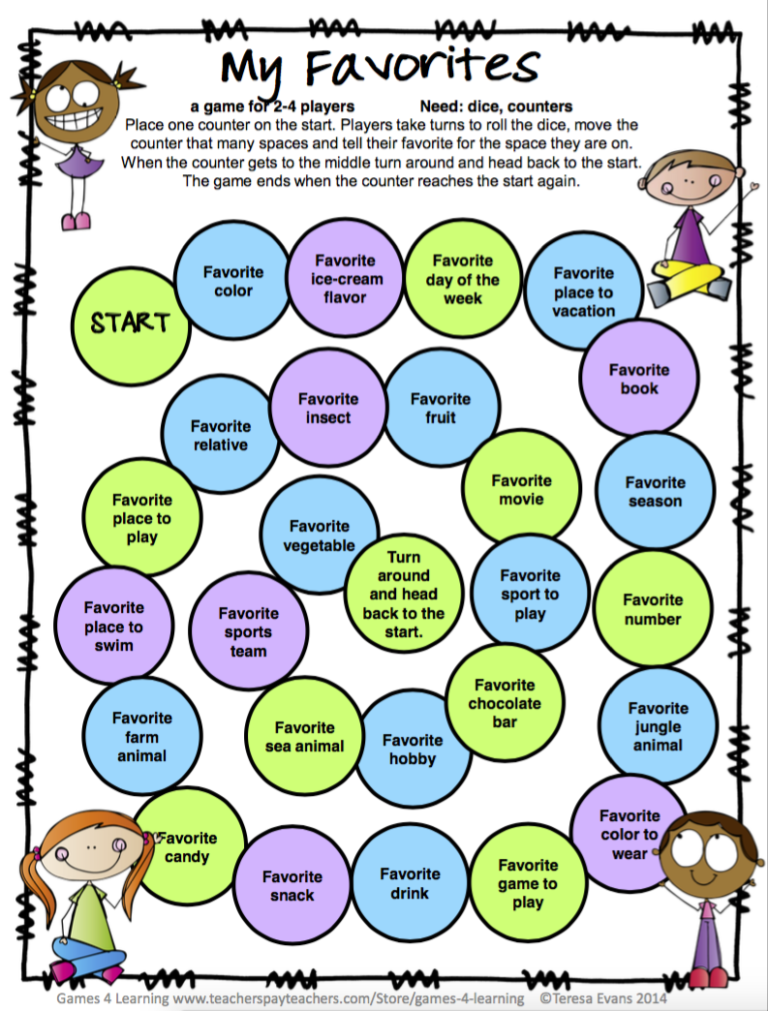 You need to quickly calculate, think through the risks and control your budget. You quickly realize that business is important, but you also need to remember to pay for the apartment. nine0003
You need to quickly calculate, think through the risks and control your budget. You quickly realize that business is important, but you also need to remember to pay for the apartment. nine0003
Educational game explains economic processes, teaches you how to count big numbers in your head and improves financial literacy.
"Zeus on vacation"
Source: igroved.ruSubject: mathematics.
Zeus on Vacation is a fun math learning game that is fun to play with friends. Players build a deck in the middle of the table - this is Olympus. Everyone takes turns adding cards, counting the height. Top - 100 points. The one who is first at the top, holding the figurine of Zeus in his hand, he won. You can get a thunderer with the help of other gods. nine0003
The game is dynamic, fun and excellent for training mental counting. Numbers can change unexpectedly. For example, at first everyone added a little, and then someone used a god card and you need to subtract 50.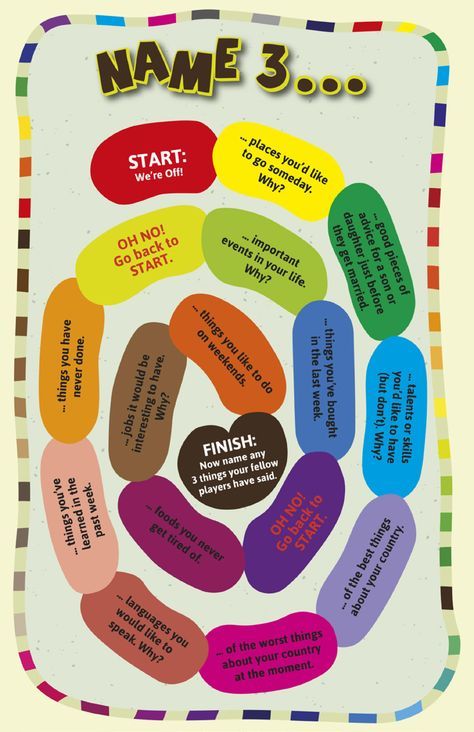
Russia History Timeline is a quick way to repeat dates with friends. 110 dated cards from the founding of Rus' to the creation of the VKontakte social network - players will have to place them on the time axis. Each move you need to answer the question of what happened before or after the event that is already on the table. The first person to discard all cards wins this educational game. The deck can be mixed with others in the Timeline series, then the time axis will turn out to be even longer and more interesting. nine0003
Cortex
Subject: any.
Cortex is a competitive logic game for a large company. It contains cards with eight types of tasks - for training memory, speed of thinking, reaction, coordination, attentiveness, mental counting, logic and tactile perception. All participants think over each card, who guessed first - closes the card with his palm and says the answer. If the player answered correctly, he takes the card for himself. Later, he can exchange it for chips that will bring victory.